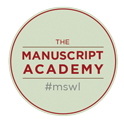Our faculty members are top agents, editors and authors–chosen for their kindness, brilliance, and creative teaching styles. We provide direct access to these professionals who give you the thought, time and care you deserve.
View Our Library
We offer world-class publishing instruction–and personalized editorial feedback–from the comfort of your home.
Unlike traditional conferences, you simply need a computer, a tablet, or even your smartphone to log in and enjoy the very best instruction from some of the top minds in the literary community. Every Manuscript Academy program is designed give you the full educational and networking value of a traditional writing conference, but without the hassle of travel, paying for meals out, or arranging childcare.
All classes are filmed in the offices or homes of our faculty members, then carefully edited, or live-recorded in front of an audience.
100% of classes, events, and panels are included with membership.
Craft Classes
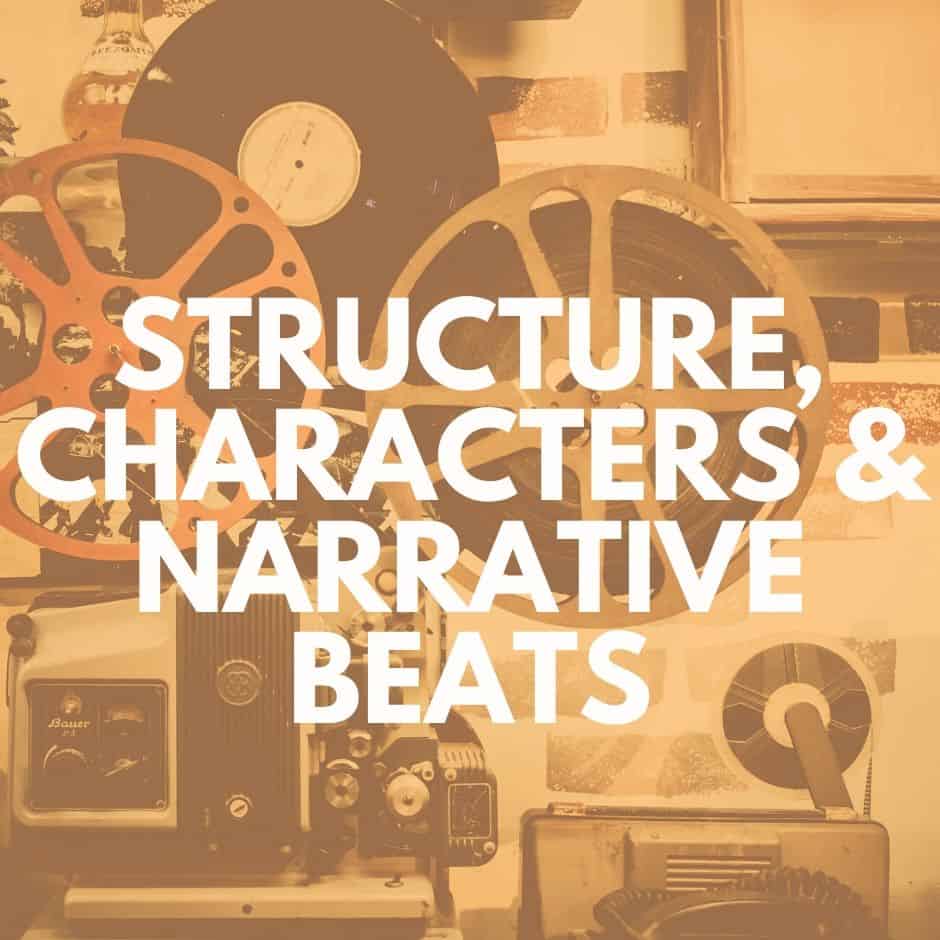
Taught by Hannah Fergesen, KT Literary
When we talk about structure, we’re talking about the narrative framework of your story. The bones of the house. The foundation upon which those bones rest. Without these, you have no house. You wouldn’t try to put a roof or hang drywall on, well, nothing, right? If you’re missing a support beam, the house becomes lopsided and ultimately collapses. Well, it’s the same with story.
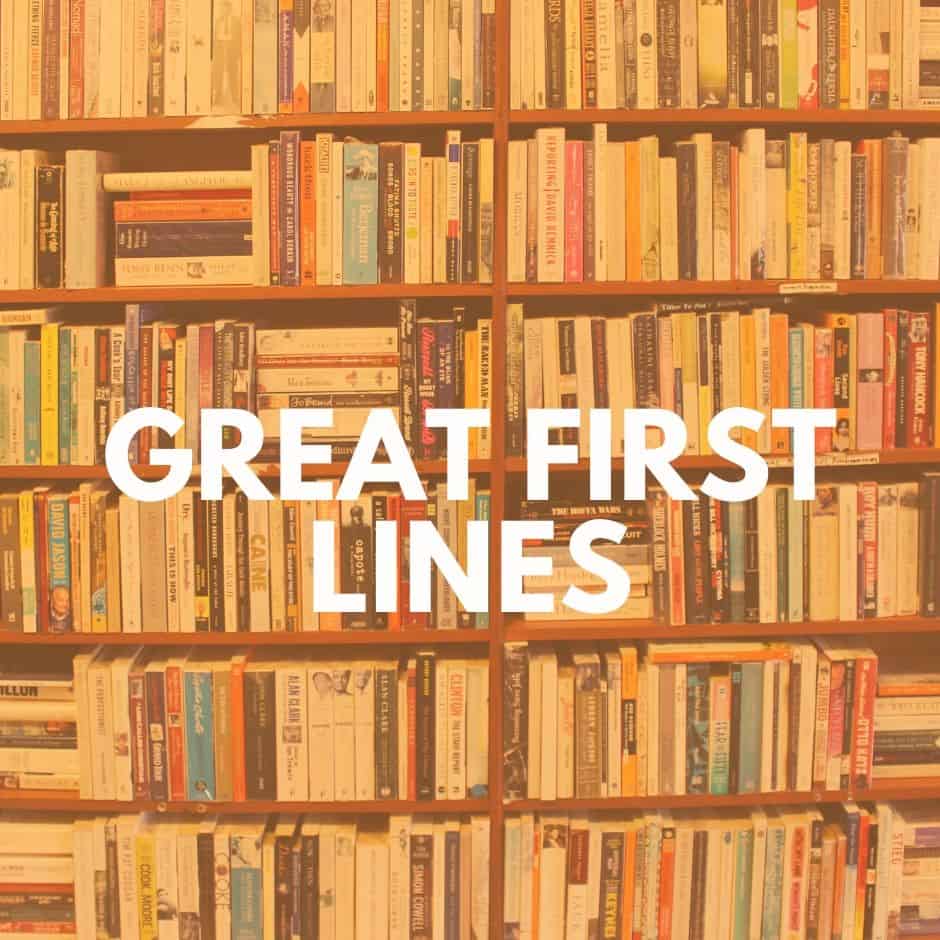
Taught by John M. Cusick, Folio Literary
Using examples from young adult fiction, literature, pop culture, film, and television, this presentation explores the craft of startling, intriguing, and unforgettable openings. Discover how to capture and hold a reader’s— or agent’s or editor’s— attention, interest, and excitement from word one! This is a must for anyone looking to write and sell a breakout novel.
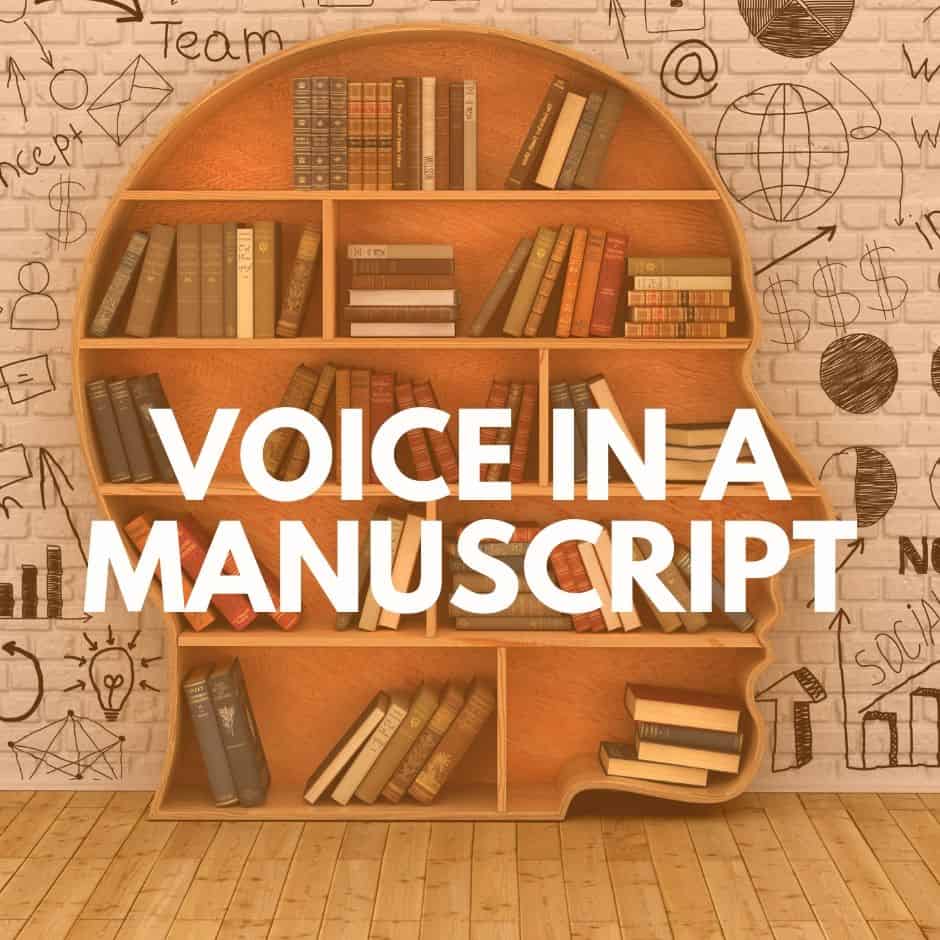
Taught by Stephanie Winter, PS Literary
One of the most important skills for a writer to have is the ability to craft clear and strong voices in their manuscript. Sounding inauthentic or unrealistic can be the difference between a pass or an offer of representation. In this class, we’ll target common mishaps and approach creating strong narratives on three levels: dialogue, prose, and characters.
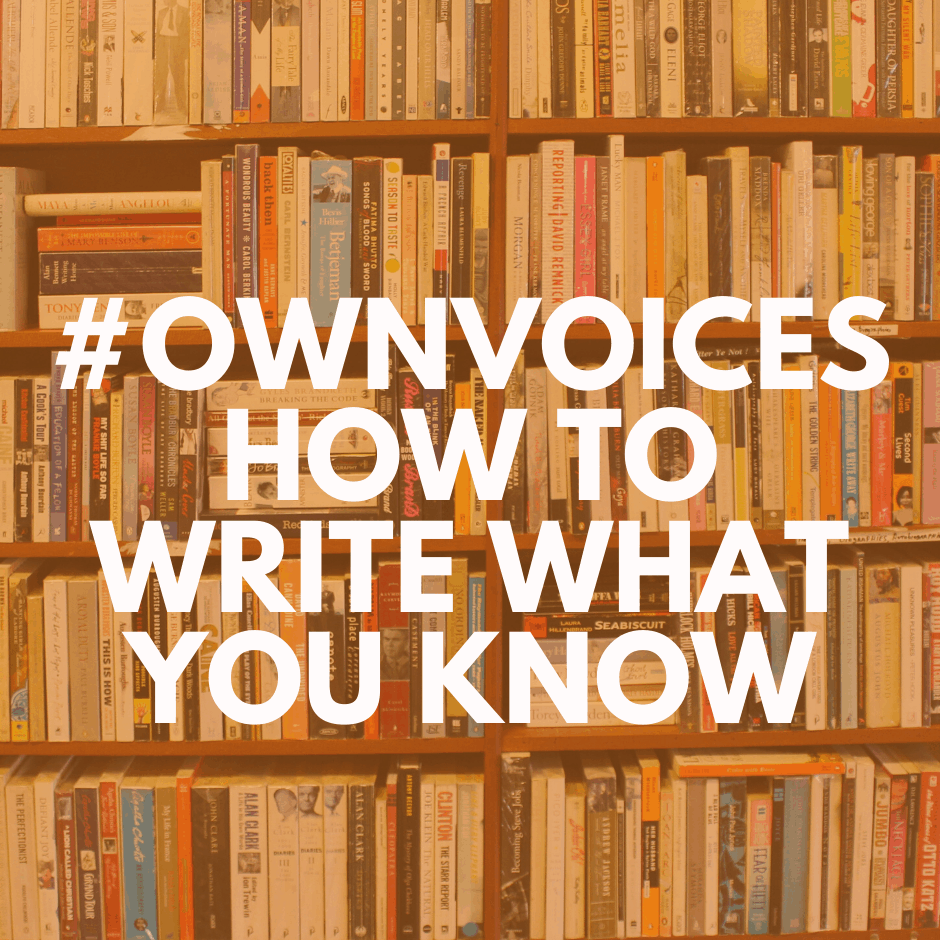
Taught by Quressa Robinson, Nelson Literary
In OwnVoices–How to Write What You Know for a Commercial Audience, we will discuss the changing landscape of creative media overall--which will help us further evaluate what an #OwnVoices author needs to successfully reach a wide commercial audience and breakout of niche categories based on race or sexual orientation.

Taught by Quressa Robinson, Nelson Literary
In this class we will discuss the emerging trends in women’s fiction and romance, as well as the tried-and-true staples of the genre. We will also discuss what to do if you find yourself with a novel that is on the downward end of a trend, how to fight the urge to jump into a trend because it seems a faster way to publication.
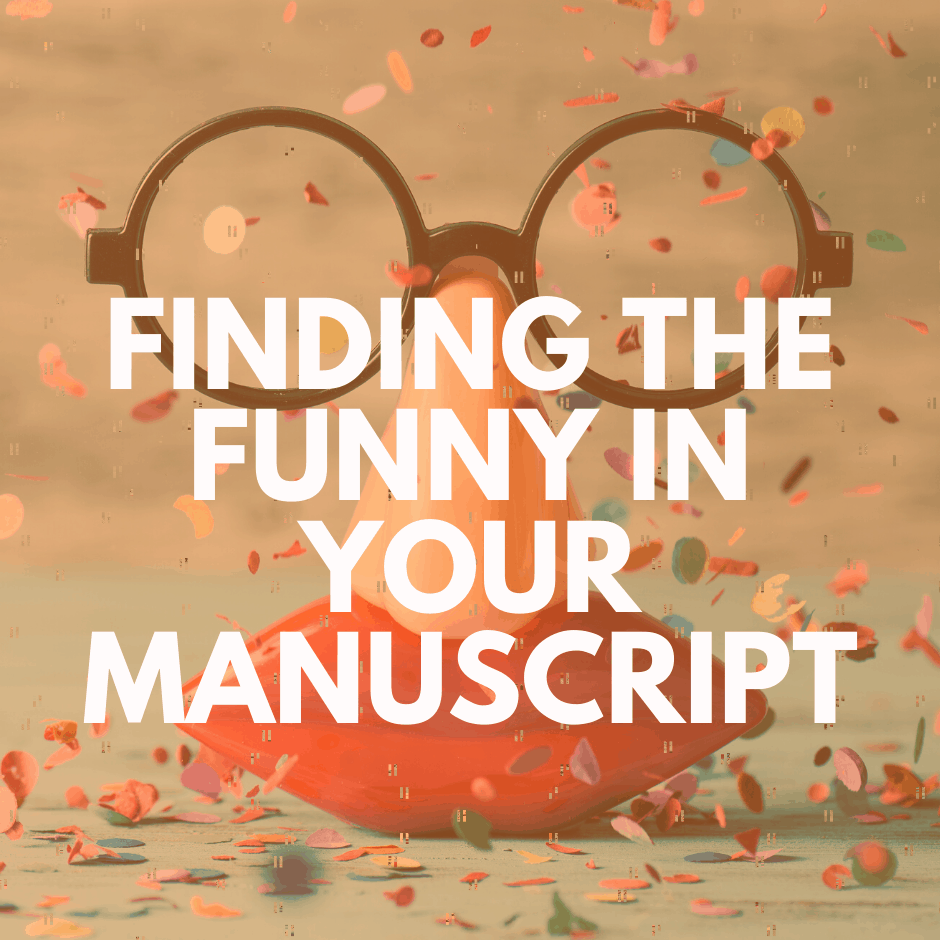
Taught by Jilly Gagnon, author of #Famous (HarperCollins)
In this talk, young adult author and comedy writer Jilly Gagnon will explain some of the purposes of comedy in literature, the ways any writer can insert it into a manuscript, why you might want to (even if your book is a tearjerker), common comedy pitfalls, and the tools you’ll need to start bringing laughter to your readers.
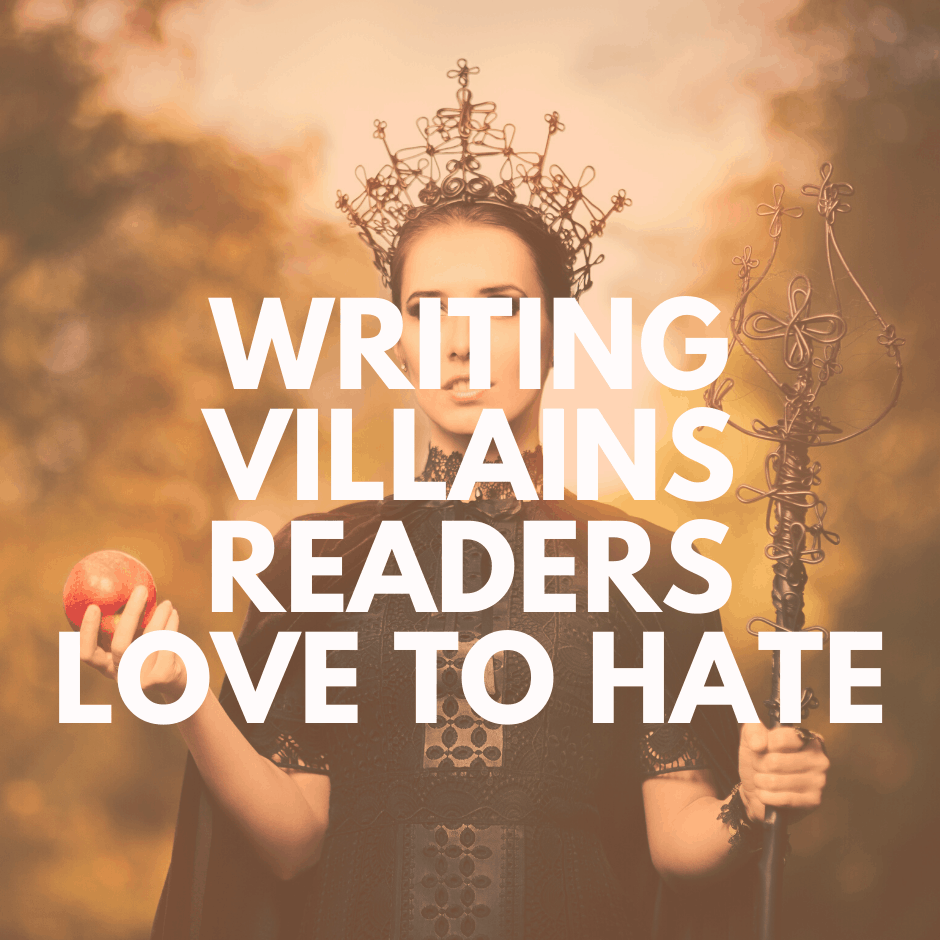
Taught by Stacey Graham, Literary Agent
The bad guy (or girl) is necessary to promote conflict and move the story forward so why are they often one of the least-developed characters? Learn why every hero needs a dark spot and how writers can move past stereotypical bullies in their manuscripts and flesh out what makes them diabolical in this fun and fast-paced class!

Taught by Roseanne Wells, Jennifer DiChiara Literary
Worldbuilding–for fantasy, magical realism, and even contemporary–can be hard to define, but it’s essential to support any narrative. We will discuss what worldbuilding is, how character and worldbuilding help each other, and a breakdown of the elements of worldbuilding.
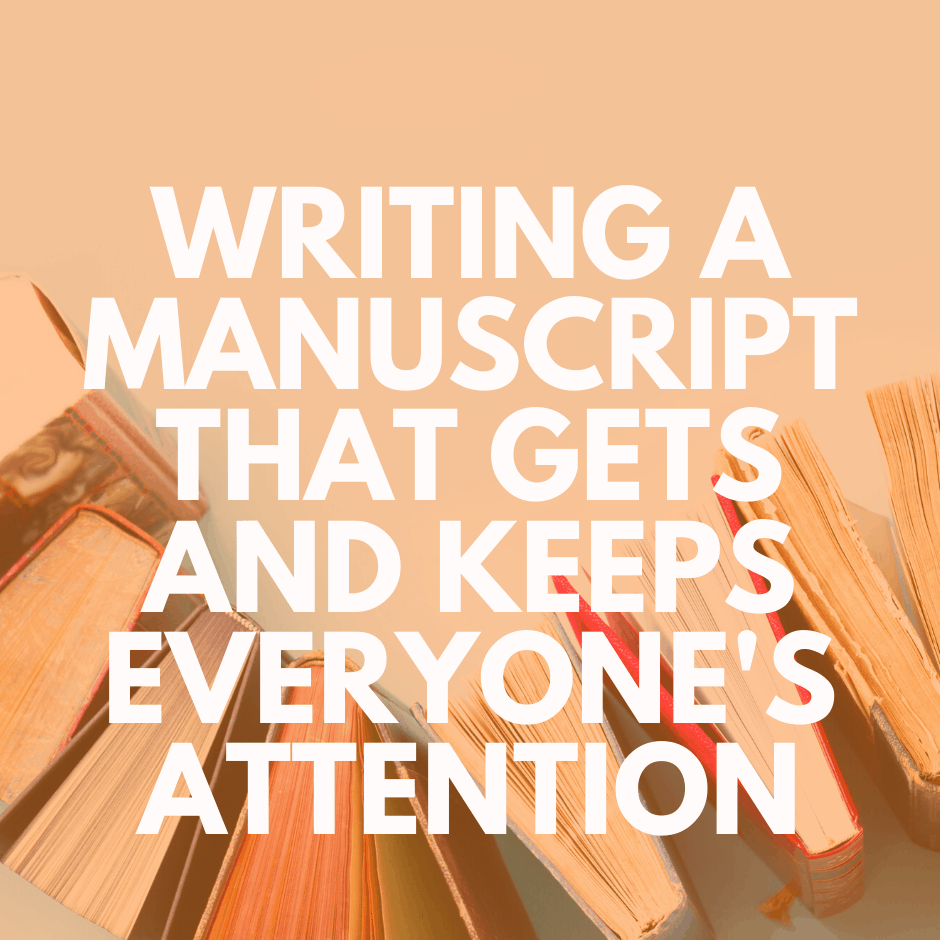
Taught by Linda Camacho, Gallt & Zacker Literary
Manuscripts are vetted at so many levels. They pass from the eyes of agents to editors to marketing to sales, and while there are some variables outside of the writer’s control, craft is not one of them. In this workshop, I’ll talk about several key story fundamentals that not only grab an agent or editor’s attention, but that of the acquisitions board as well.
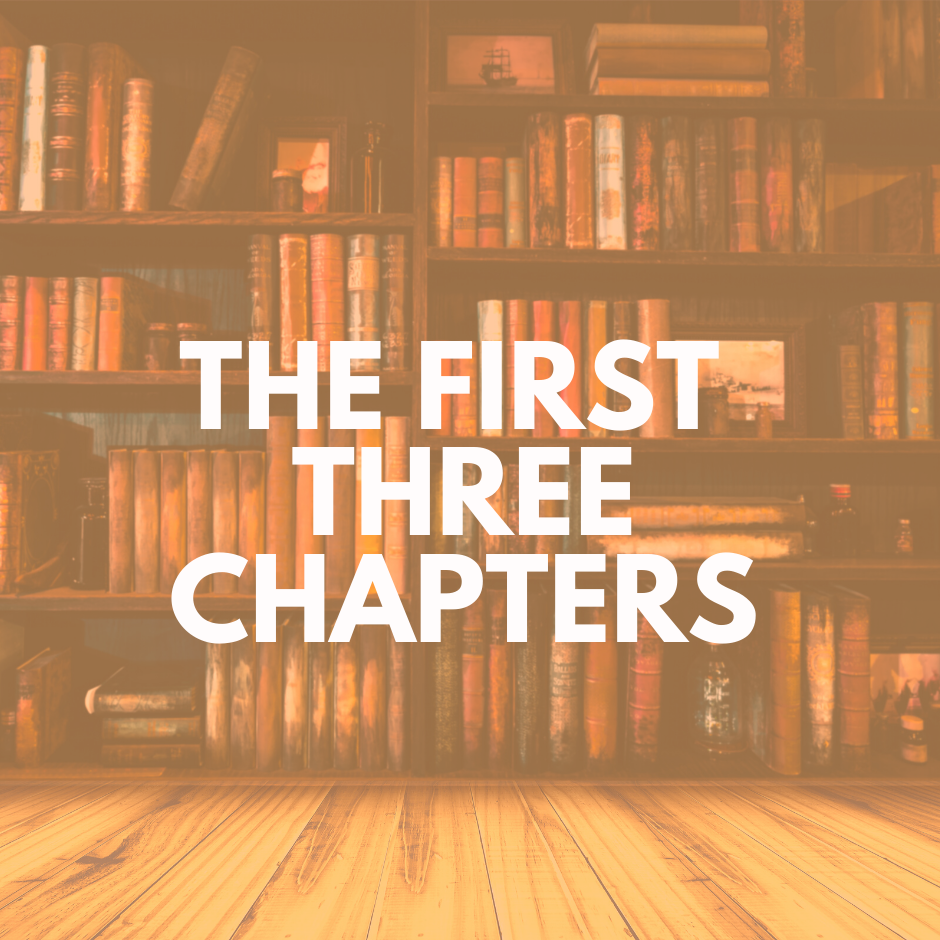
Taught by Hannah VanVels, Belcastro Agency
Often you only have the first three chapters to grab your reader before they start to glaze over—or worse, move on. We’ll take a look at introducing setting without overwhelming your readers, introducing characters that your readers will invest in right off the bat, and starting your plot at the right moment.
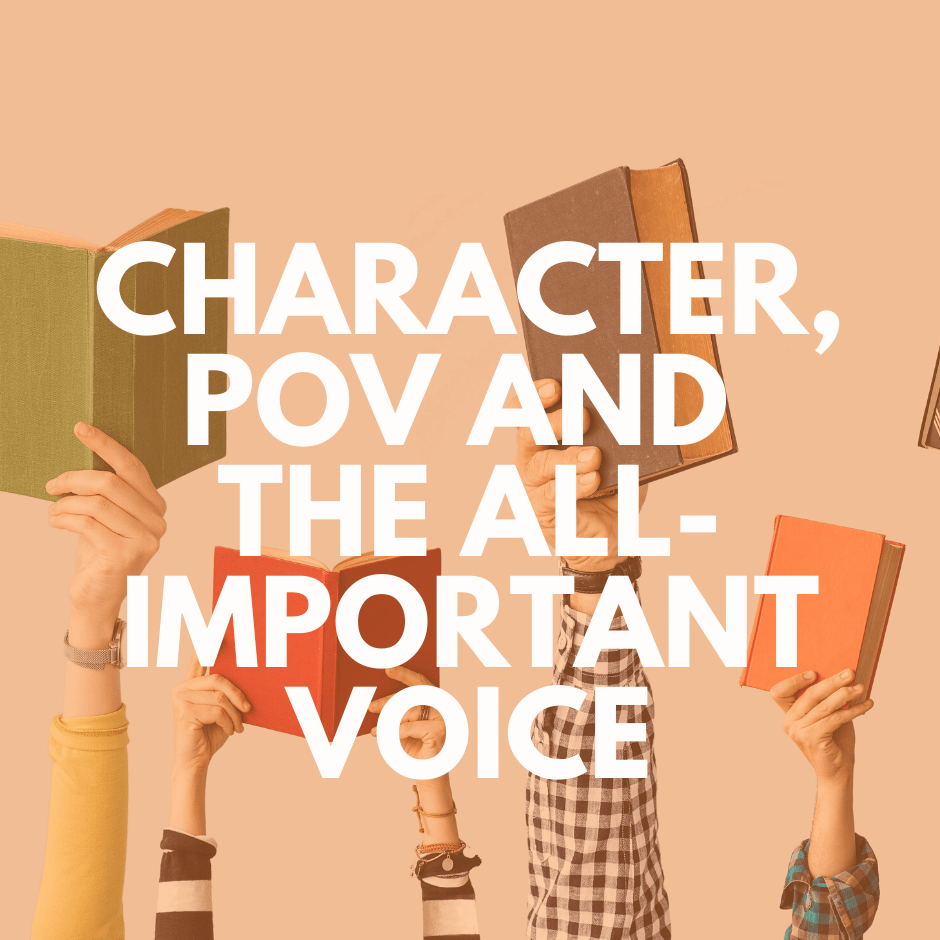
Taught by Laura Zats, Headwater Literary
In fiction, a solid, engaging voice is the hardest thing to nail down. The reason why a book’s voice might fail is very often linked to one issue: a lack of connectivity between a character and the space they occupy (both their body and the world around them). The good news is that there’s a fairly simple solution to this problem: deepening POV.
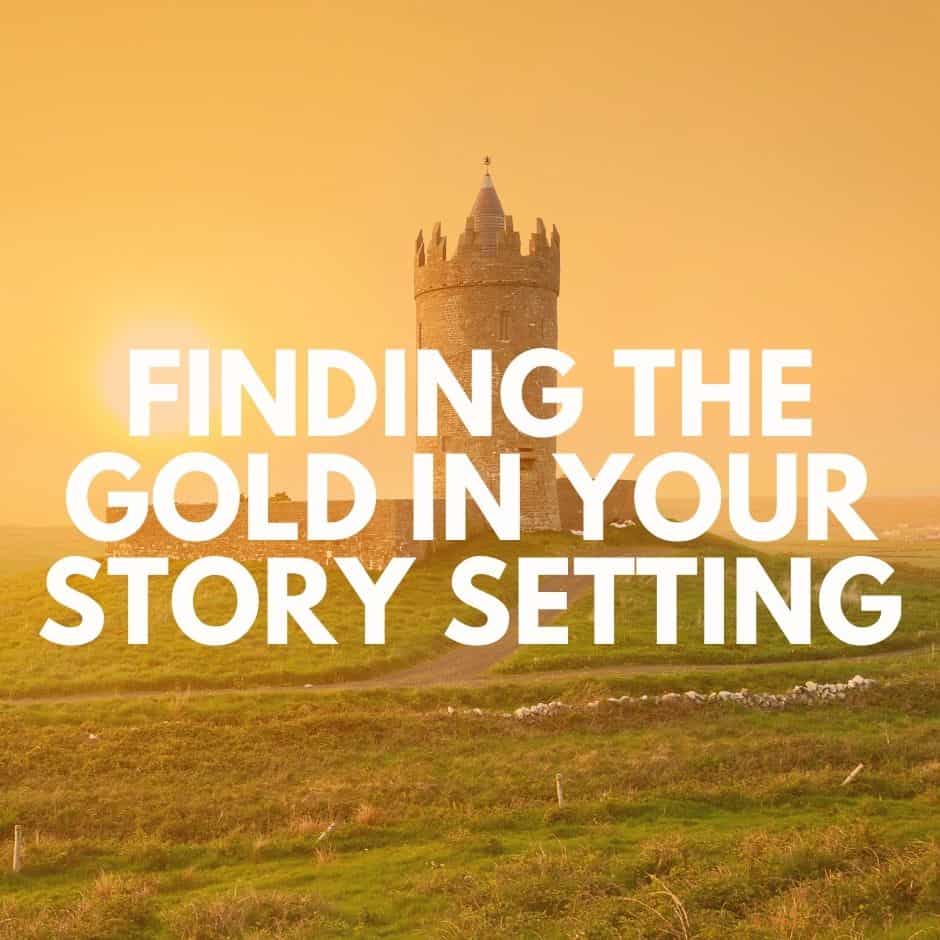
Taught by Bestselling Author Rosanne Parry
Setting is the most consistently underused tool in a developing manuscript, and yet a setting well-described and thoroughly inhabited by its characters can make a story powerful and memorable. Rosanne Parry’s workshop Finding the Gold in Your Story Setting will help you hone the rising action of your plot, sharpen the journey of your characters, and deepen your story’s voice. You’ll come away with practical ideas and exercises to make your manuscript more distinctive—a truer version of itself.
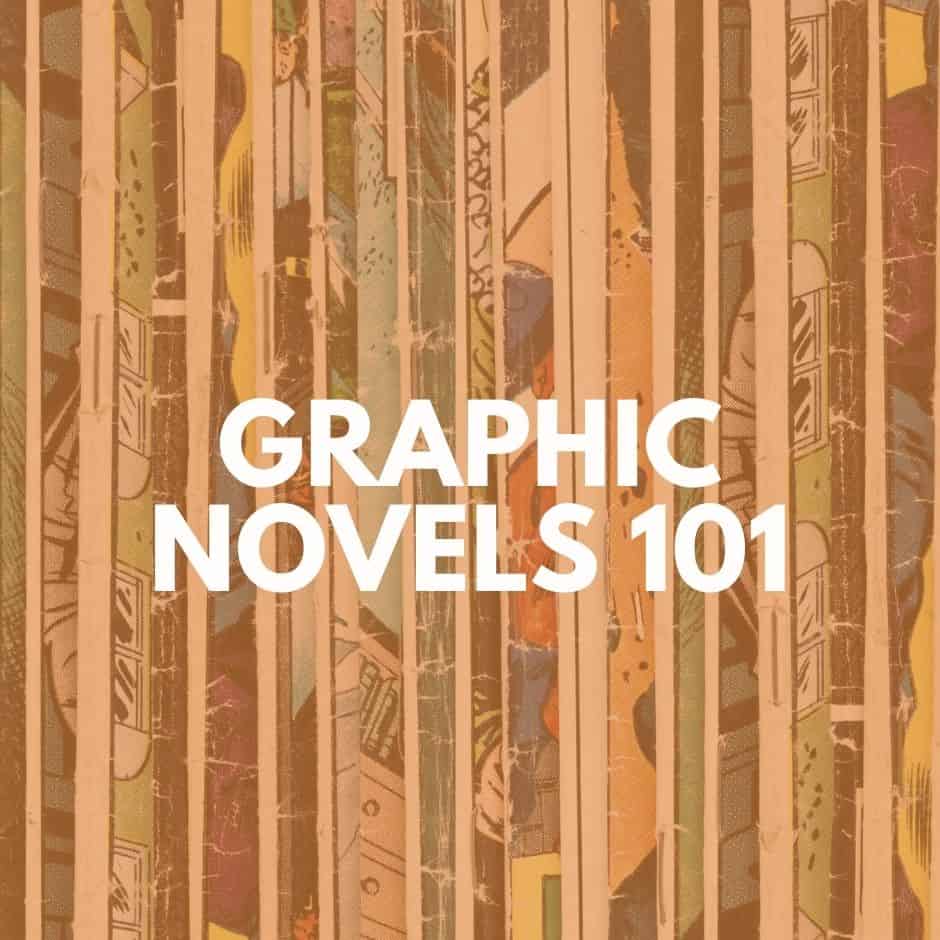
Taught by Macmillan Editor Kiara Valdez
We are so excited for this event, which will teach you everything you need to know to create, submit, and succeed with your graphic novel.

Taught by Thalia Elie, Author and Ordained Minister
Have you ever considered the role of energy in your writing? Whether it’s that you don’t have enough (and need seven coffees), have so much anxious energy you can’t focus (all! The! Scary! Things!), or simply don’t feel inspired, we all know that the writing process is far more than 1) Sit at computer, and 2) Create brilliant manuscript.So much of it has to do with how you feel. And, after the year we’ve had, feeling the way we want to isn’t always easy.
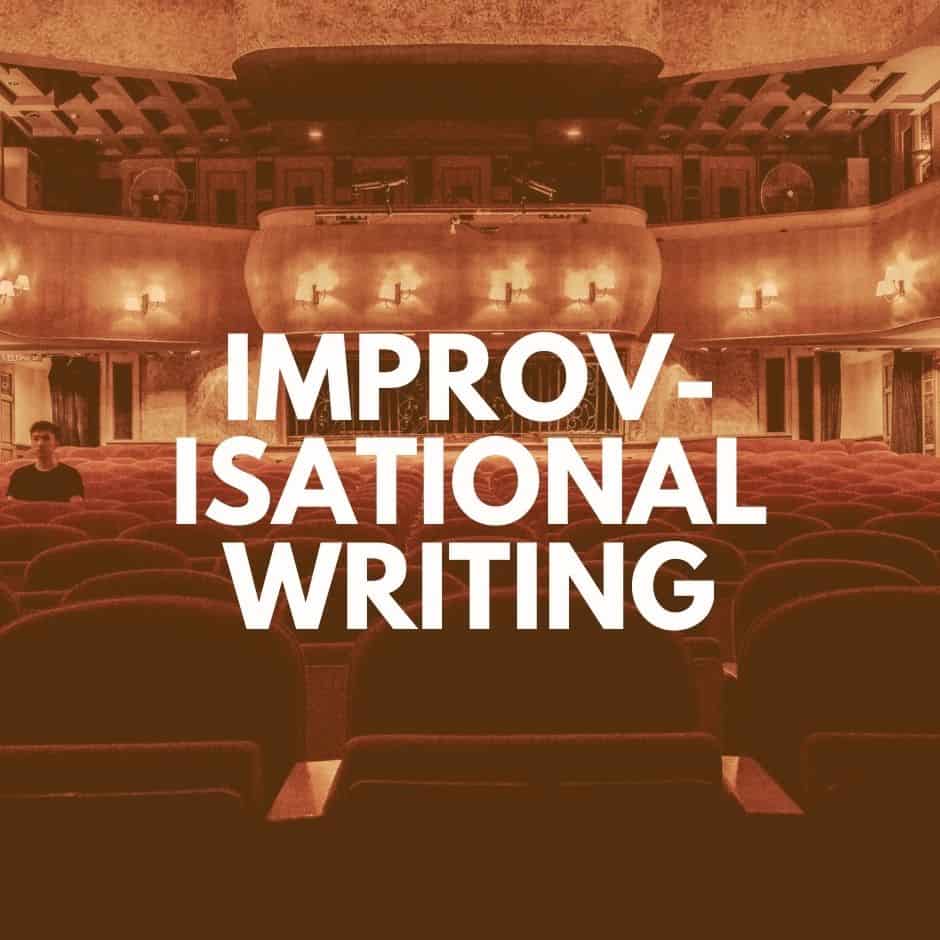
Taught by Chip Brewer, Writing and Theater Teacher
In this free workshop with writing and theater teacher Chip Brewer, we’ll explore how your characters exist in the physical realm–how they take up space, how this shows us their role in the world, and how this relates to all of the millions of tiny moments that make them who they are.
Business of Publishing
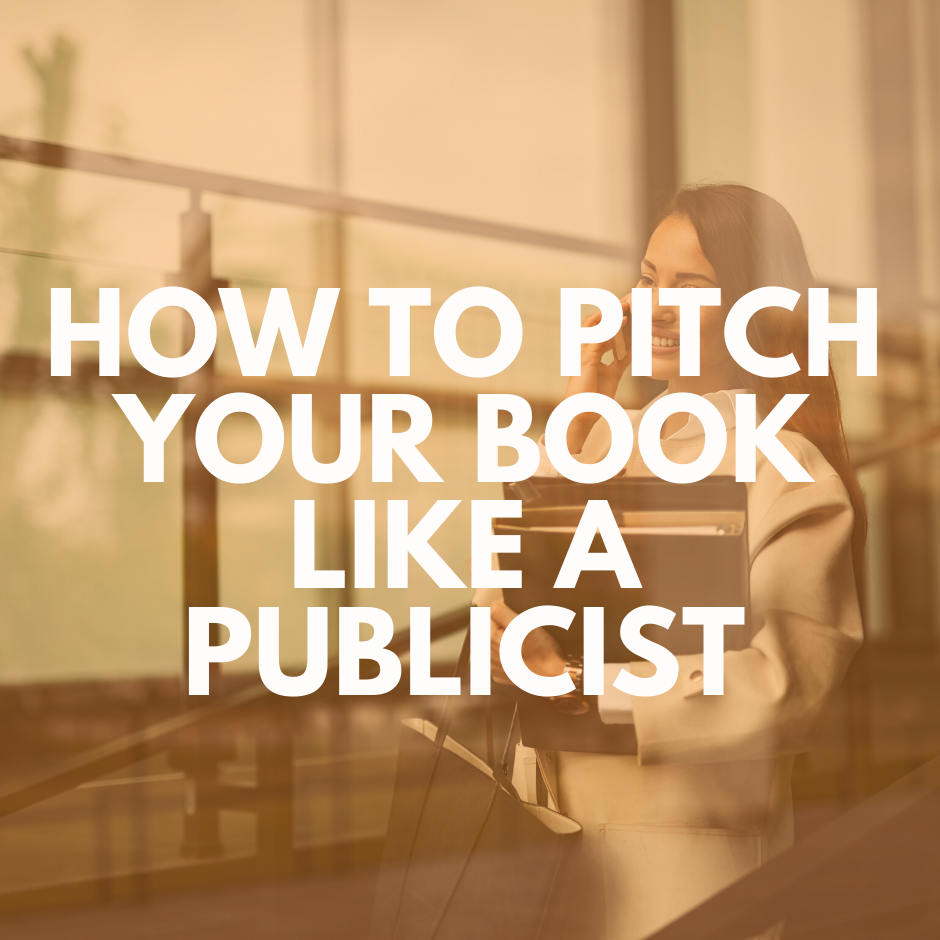
Taught by Rachel Ekstrom Courage, Folio Literary Management
Using tricks from her years as a book publicist, literary agent Rachel Ekstrom Courage (Folio Literary Management) talks you through how to share the right information to get requests, not rejections.

Taught by Dawn Hardy, Agent & Publicist
You may have heard about platform—you know, that thing that sets your work (whether fiction or nonfiction) apart from all the other projects in the slush. Maybe you’re intimidated, maybe you think it’s only for celebrities—but in this class, you’ll learn how to give your work that edge without a huge amount of time, money, or even leaving your couch.
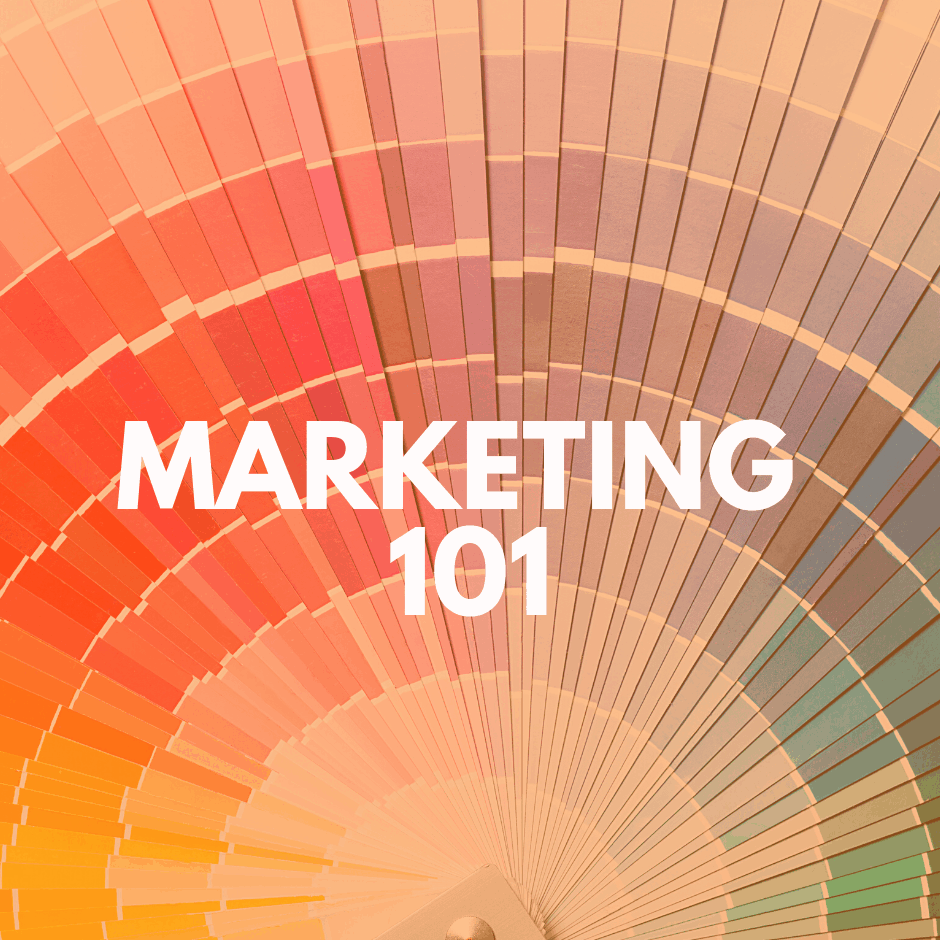
Taught by Jalissa Corrie, Lee & Low Books
Even if you don’t have a book deal, an agent, or a completed manuscript, it’s never too early to prepare yourself for the moment you become an author. From networking at events to establishing web presence, this talk will highlight what you can do now to help build your platform, audience, and readership.
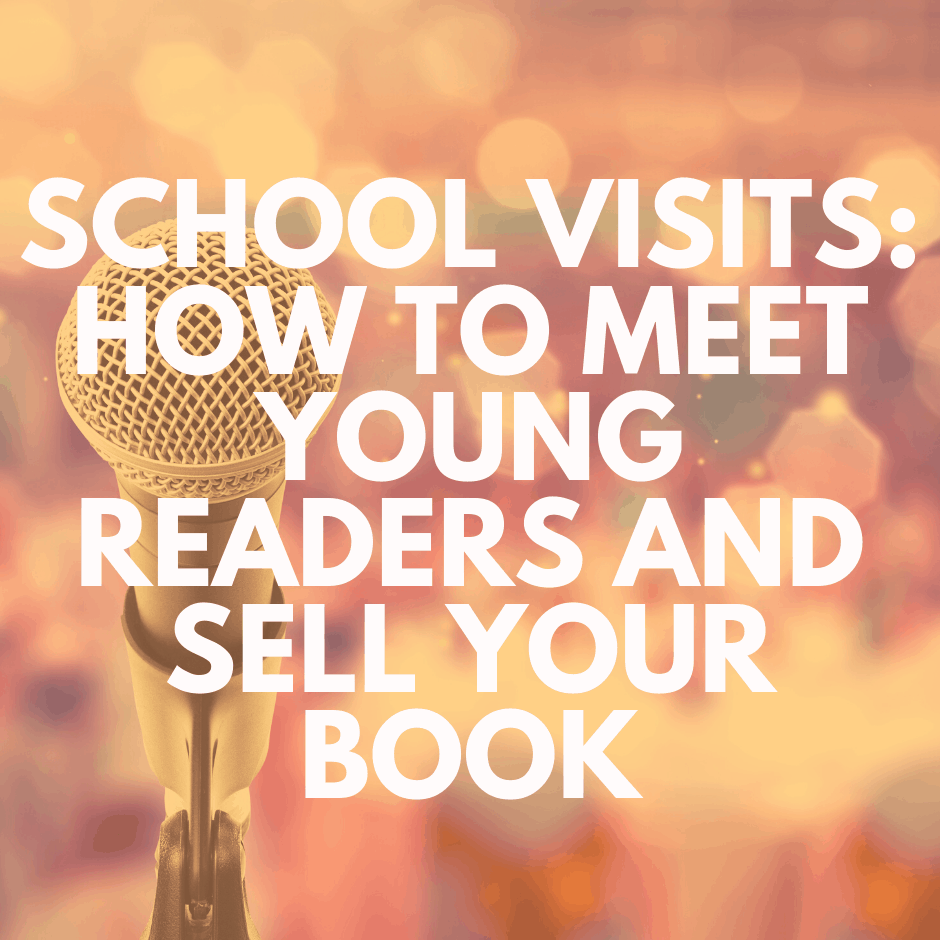
Taught by Bestselling Author Cameron Kelly Rosenblum
As a book creator, you want nothing more than to get your stories into the hands of kids, right? Guess what! Your school librarian wants the same thing. Find out what makes a stand-out school visit from the educator’s point of view and how you can really connect with your most important peeps: the kids.

Taught by Jennifer Johnson-Blalock, Liza Dawson Associates
What does it mean to be high concept–and how can you make your work fit this description? Better still, how can having a high concept work help you in every stage, from pitching agents, to pitching editors, to better placement in the bookstores and better book sales? Jennifer’s class is short, packed with information, and to the point.

Taught by Rena Rossner, The Deborah Harris Agency
You’ve often heard about foreign rights–that they’re the first step on your way to being an international bestseller. But what’s the best way to sell them? Is it always best for your agent to retain them? Do potential agents need an in-house team? And just what happens at Frankfurt, anyway? Rena discusses everything from translation to travel to taxes–and why it takes so long.
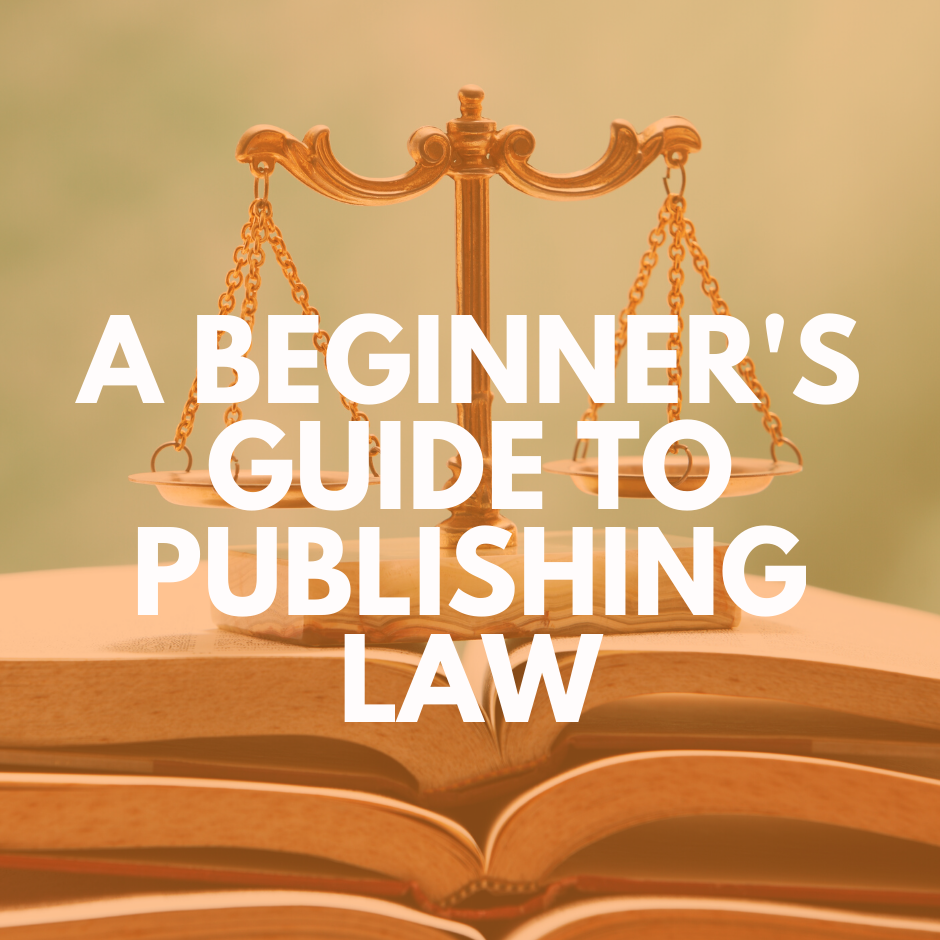
Taught by Melissa Edwards, Stonesong Literary
Contracts, copyright, and intellectual property… oh my! Attorney and literary agent Melissa Edwards wants to help shine some light on the legalities involved in publishing a book. She will give a rundown on basic copyright protection, before and after registration, and introduce you to the most important terms in a publishing contract.
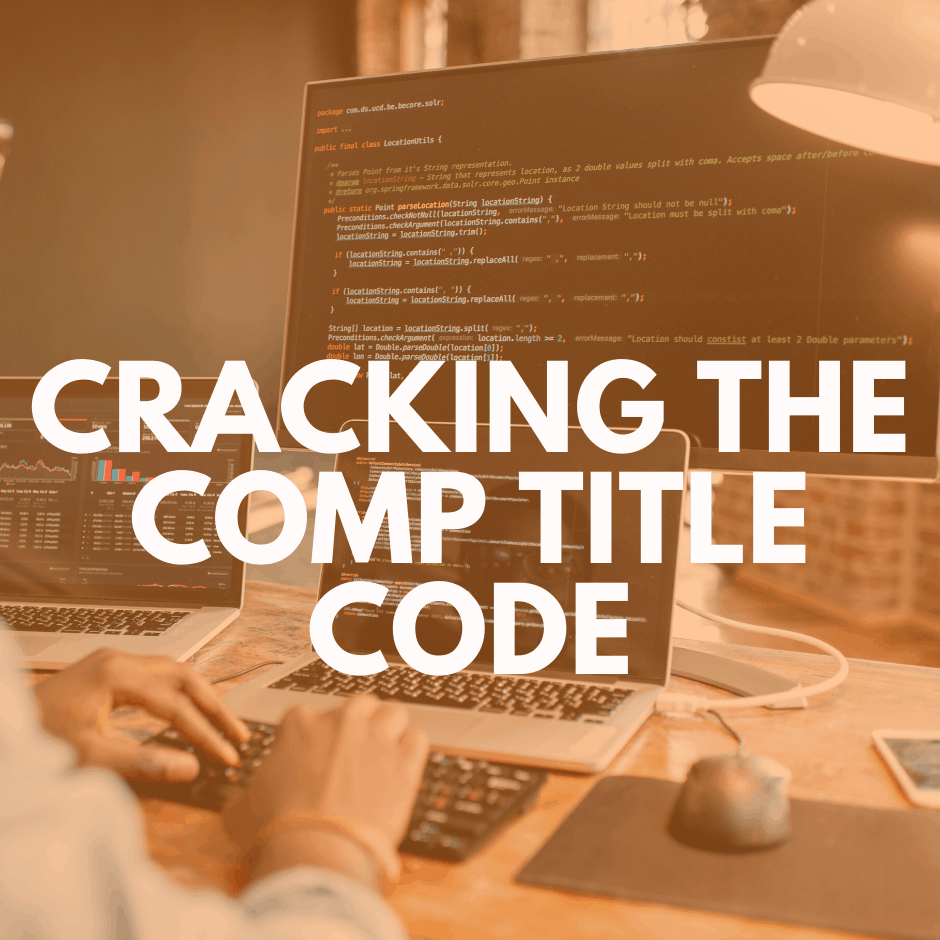
Taught by Hannah Robinson, Simon & Schuster
Join editor Hannah Robinson to learn how to jumpstart your comp search. We’ll discuss what makes a good comp title, how to think like a publisher when choosing your comp titles, how to avoid common pitfalls, and expert tips for finding comps when you’re feeling stuck.
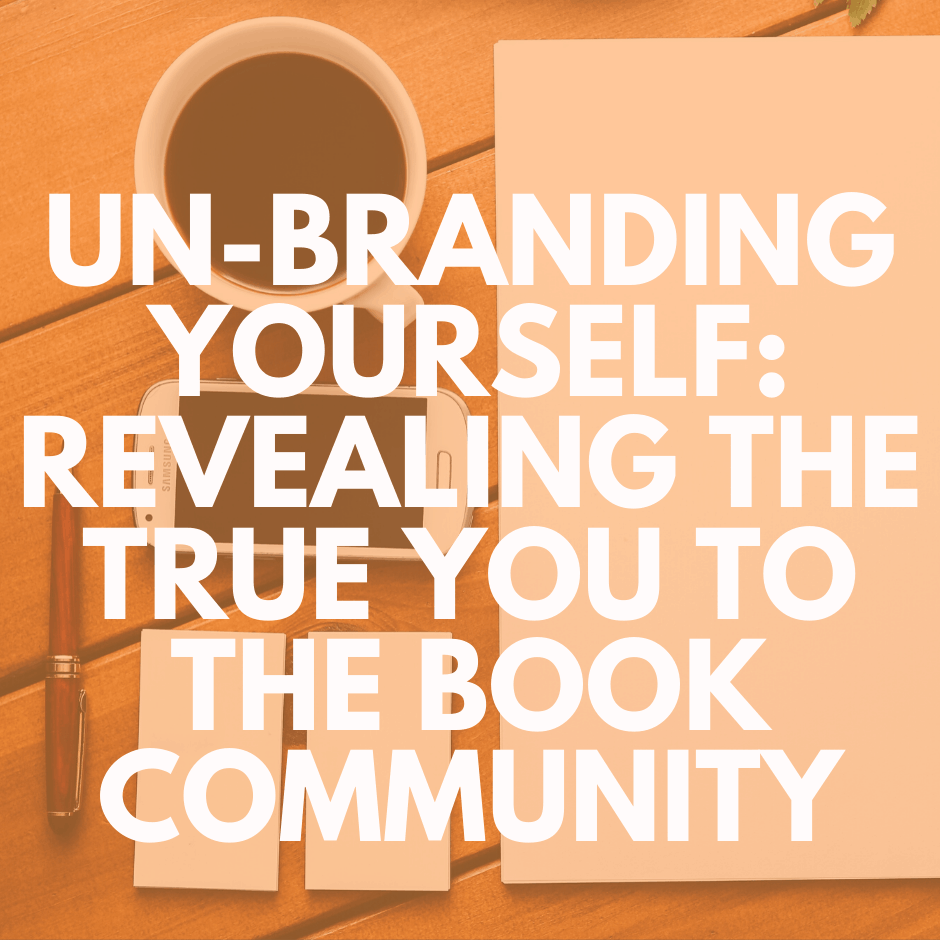
Taught by Laura Barbiea, Alloy Entertainment
For so many creative people, “branding,” “marketing,” and “promotion” are bad words. Many view these things as chores or barriers to expressing your true self. This class will change how you perceive the online world, and expand your understanding of how to effectively represent yourself and your work!
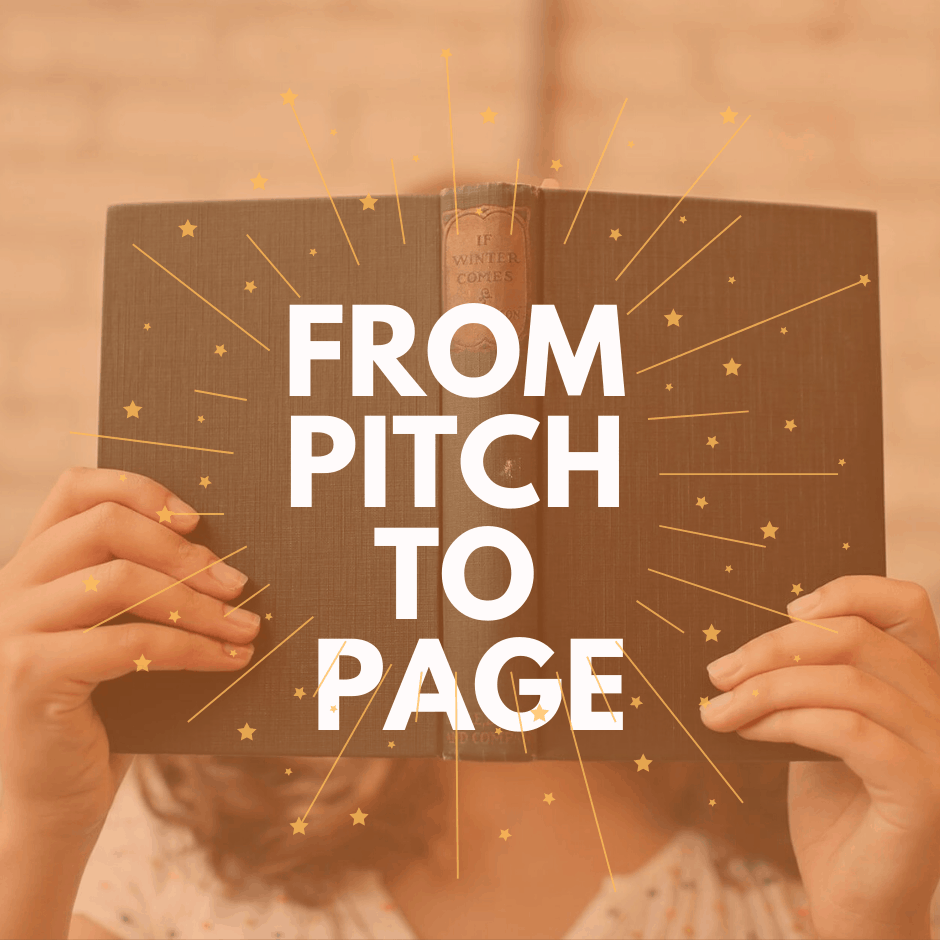
Taught by Katharine Sands, The Sarah Jane Freymann Literary Agency
In this class, literary agent Katharine Sands shows you the best ways to showcase your writing as a bold, new entry into its category—and yourself as a potential author with an intriguing book poised to spring forth. We look at hooks, selling points, and engines; and how to avoid Querial Killers.

Taught by Jessica Sinsheimer, Context Literary Agency
For the introverts among us, blasting content can feel unnatural, intimidating, and borderline creepy. This course will show you how to think of this now-essential task as a way to build authentic connections and find real friendships—while also locating the people most likely to move your career forward.
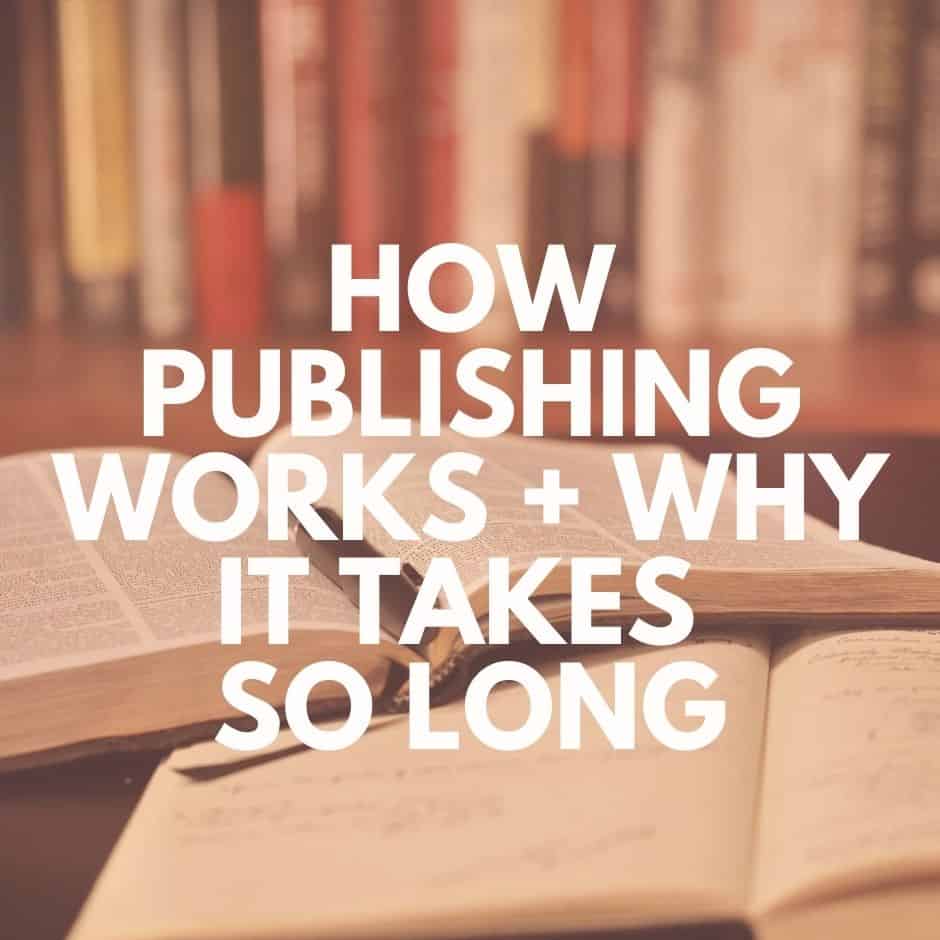
Taught by Melissa Warten, Macmillan
Why does it take forever for our most anticipated books to hit shelves? What happens between acquisition and publication? If getting published is the end goal, why does it take so long?! Publishing is an industry based on precision, care, and accuracy--and the more authors understand about the process going into it, the better everyone will understand each other! We'll discuss how acquisition works (and the many teams involved), what happens during editing (and how you can make the process easier on everyone), how your cover gets chosen (and who gets an opinion), and when you'll finally get paid (not as soon as you think!).
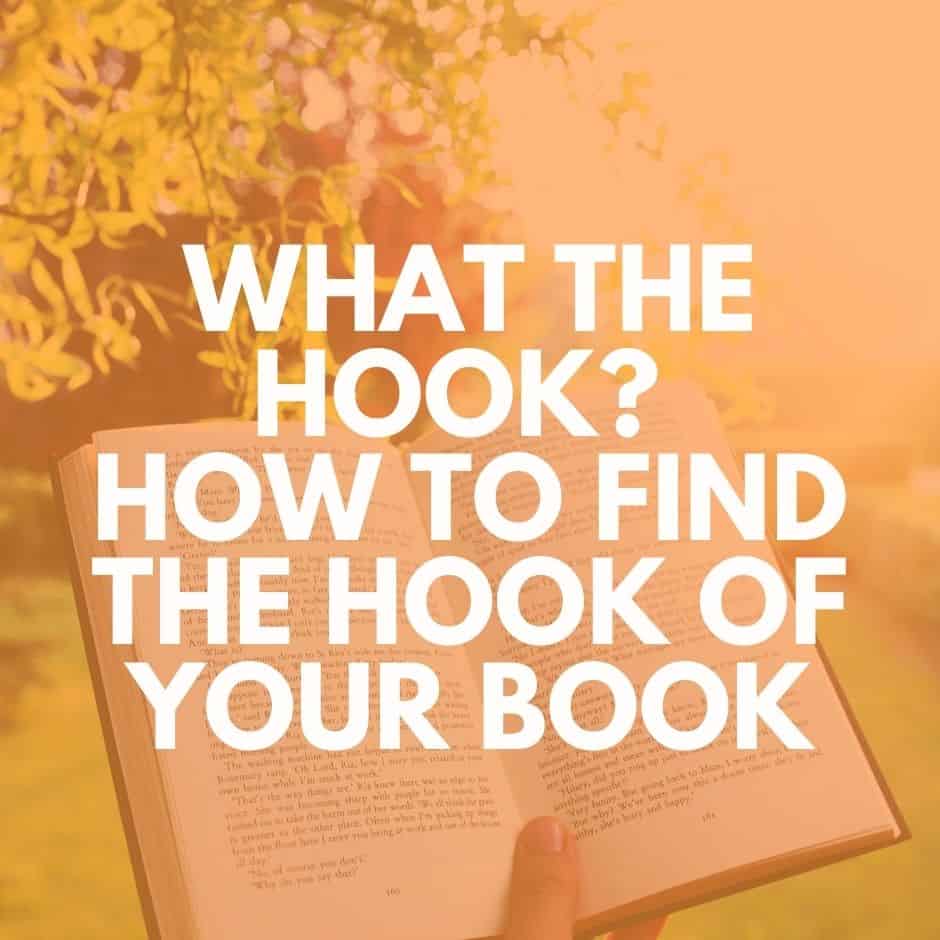
Taught by Agent Jessica Watterson
You've heard this question asked numerous times: what's the hook of your project? In this class agent Jessica Watterson will go over what exactly a "hook" is and why it's so important in all the things you write!
From your pitch to your complete manuscript, we'll cover what constitutes a hook rather than a trope, and how to enhance your hook so that your story stands out from the pack.
From your pitch to your complete manuscript, we'll cover what constitutes a hook rather than a trope, and how to enhance your hook so that your story stands out from the pack.
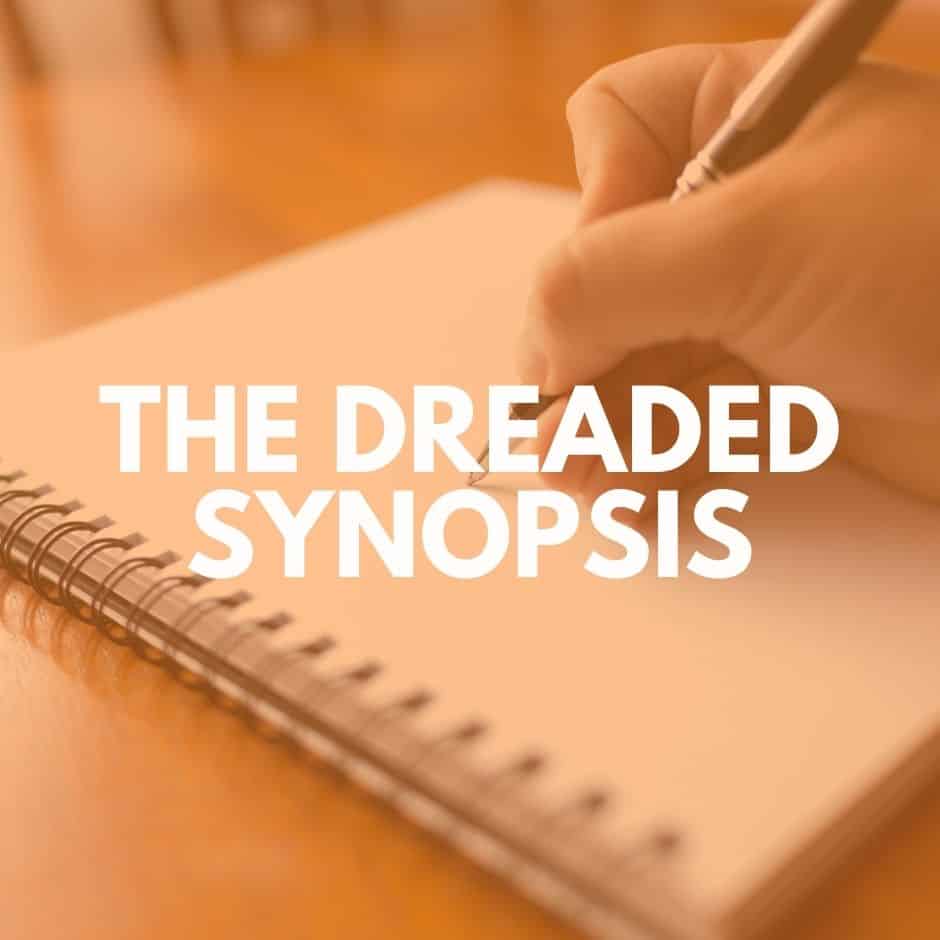
Taught by Megan Barnard, Agent
Let me guess–the synopsis is your least favorite part of the process, right? Often–even for agents!–it’s a daunting document that, in some ways, is even more challenging than the creation of your query letter. How much do you give away? How much do you hide? What about the ending? Are spoilers good–or bad? How do acquisitions boards use them? And–perhaps most of all–how does a synopsis make people WANT to keep reading?
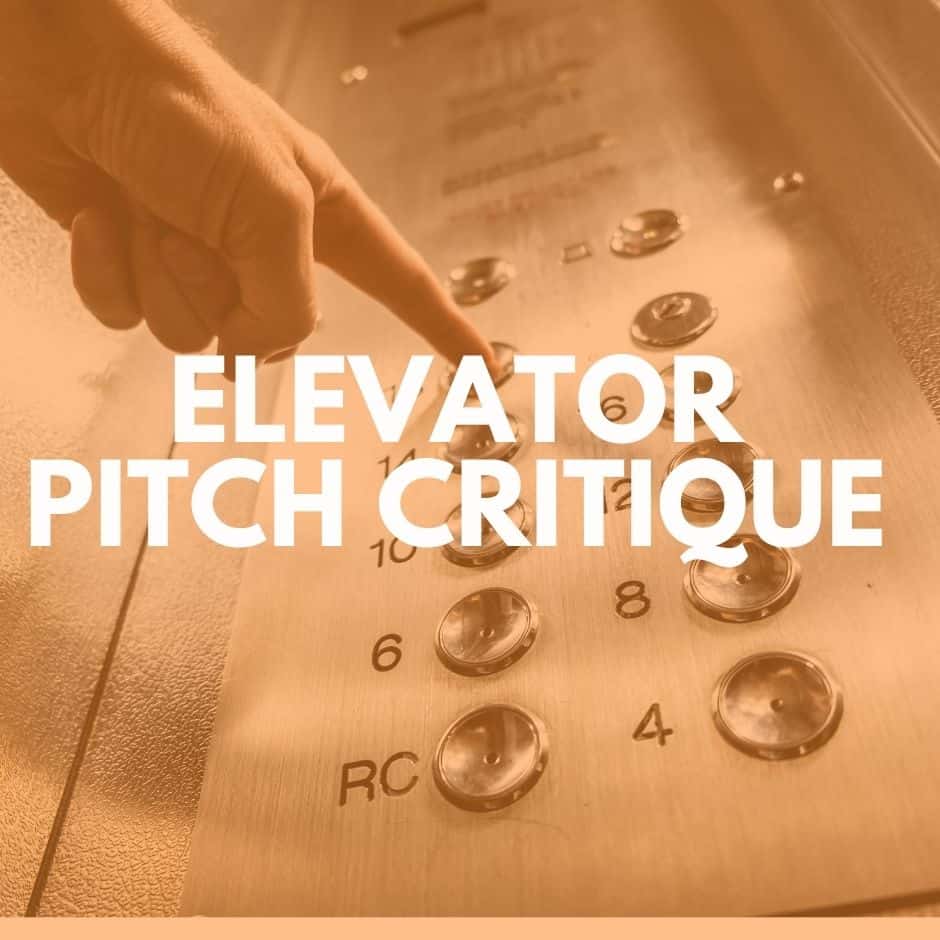
Taught by Eric Mofford and Maritte Go
At the Manuscript Academy, we’ve spent a whole lot of time on long form critiques (and we love them!), but for our second Book-to-Film Panel we’ve decided to dive into the ever dreaded Elevator/Logline Pitch. And we’ve brought in two experts, Eric Mofford and Maritte Go, to dissect your pitches.
Writing For Children

Taught by Bestselling Author Cameron Kelly Rosenblum
As a book creator, you want nothing more than to get your stories into the hands of kids, right? Guess what! Your school librarian wants the same thing. Find out what makes a stand-out school visit from the educator’s point of view and how you can really connect with your most important peeps: the kids.

Taught by Jilly Gagnon, author of #Famous (HarperCollins)
In this talk, young adult author and comedy writer Jilly Gagnon will explain some of the purposes of comedy in literature, the ways any writer can insert it into a manuscript, why you might want to (even if your book is a tearjerker), common comedy pitfalls, and the tools you’ll need to start bringing laughter to your readers.

Taught by Stephanie Fretwell-Hill, Red Fox Literary
You may not yet realize it, but the worlds of writing and publishing are built on a foundation of relationships. There are the relationships between your characters, the relationship readers have to your work, and the relationships inside the industry. In this talk, we’ll explore how that can benefit you as a writer–and how being emotionally open in your work is often the key to getting that all-important YES.

Taught by Roseanne Wells, Jennifer DiChiara Literary
Worldbuilding–for fantasy, magical realism, and even contemporary–can be hard to define, but it’s essential to support any narrative. We will discuss what worldbuilding is, how character and worldbuilding help each other, and a breakdown of the elements of worldbuilding.

Taught by Stephanie Winter, PS Literary
One of the most important skills for a writer to have is the ability to craft clear and strong voices in their manuscript. Sounding inauthentic or unrealistic can be the difference between a pass or an offer of representation. In this class, we’ll target common mishaps and approach creating strong narratives on three levels: dialogue, prose, and characters.

Taught by Alyssa Jennette, Stonesong Literary
Writing for children on the cusp of adolescence is a mysterious formula, particularly when interacting with kids isn’t part of your usual routine. This class will let you in on the three most common misconceptions about writing for a middle grade audience, teach you what keeps a young reader’s attention, and much more.
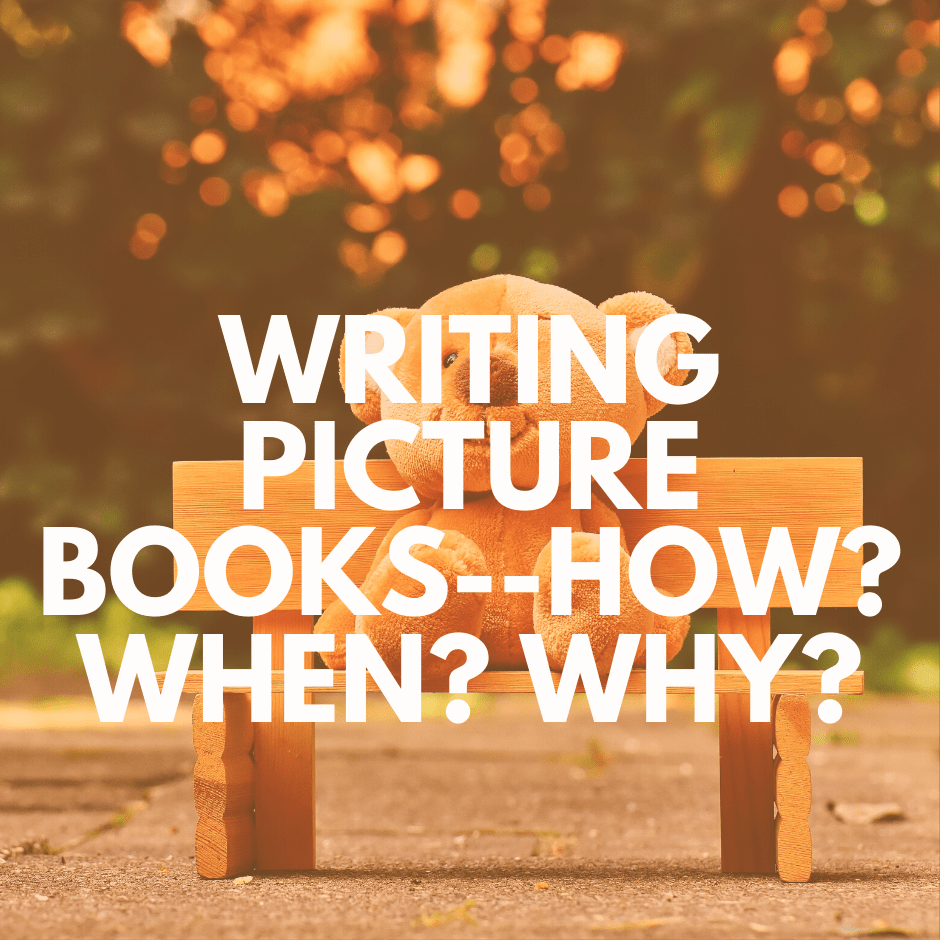
Taught by Bestselling Author Julie Falatko
Do you have an idea for a children’s book, but get discouraged thinking when you sit down to write? Maybe you can’t seem to make your story sing, or it seems impossible to break into the seemingly impenetrable market. Fear not. Published picture book author Julie Falatko, Snappsy the Alligator (Did Not Ask to Be in This Book) gives you tips on writing and publishing for the youngest of young readers.
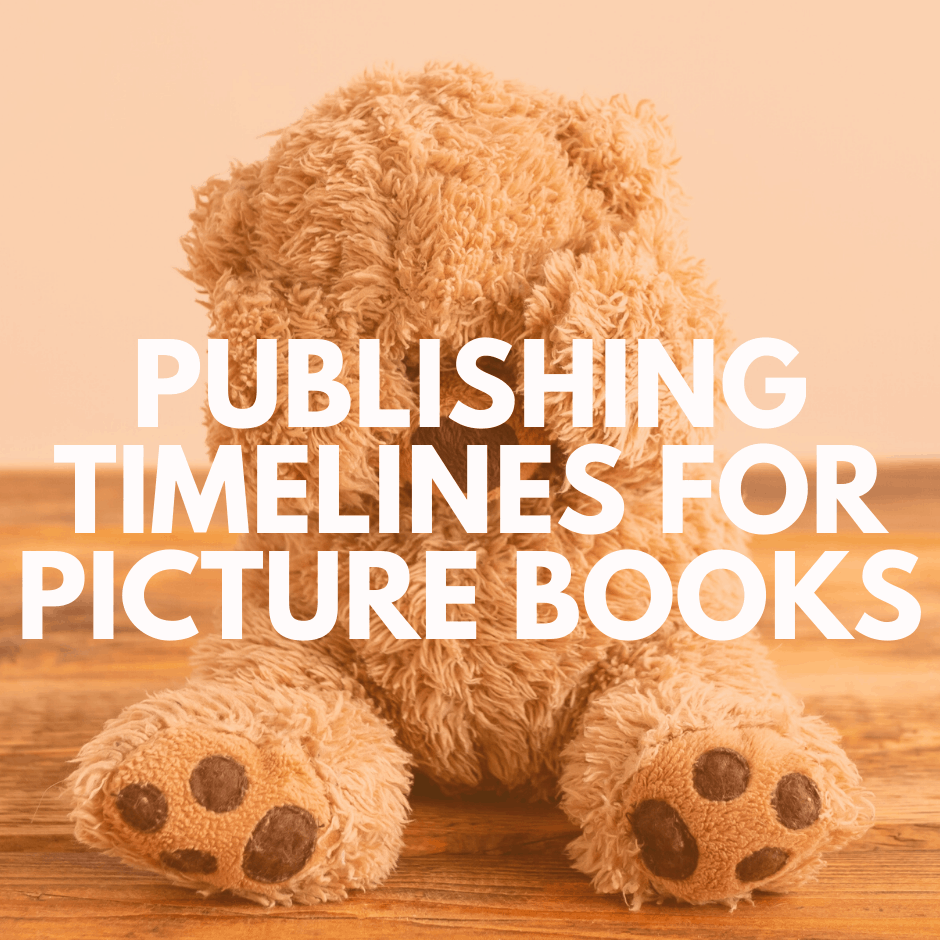
Taught by Hazel Mitchell, Author/Illustrator
Hazel Mitchell talks about how she took her real dog and featured him in a fictionalized setting, from initial sketches, dummies to final artwork. An overview of style choices to character depiction, layout and composition, pacing, page turns, working with an art director and tips for making the process pain free!

Taught by Regina Brooks, Serendipity Literary
Young Adult Fiction is one of the most lucrative genres in publishing. Award winning literary agent Regina Brooks will share ideas on how to maximize your potential for publishing success in the YA marketplace. In this live webinar, you’ll receive insider knowledge. Discover the key elements agents and editors are looking for and how to grab their attention.
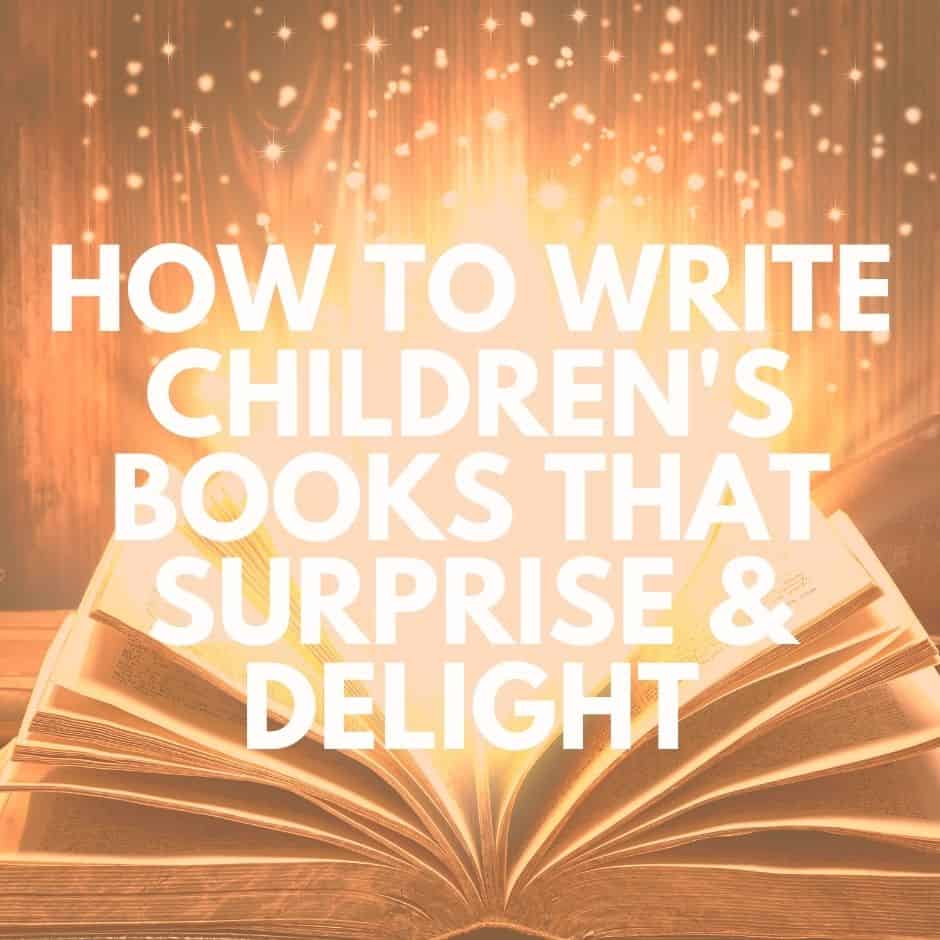
Taught by Fiona Kenshole, Transatlantic Agency
In this class, we'll discuss how you can connect with your readers, make them laugh, work with ideas of power and powerlessness, pacing, narrative, and what makes a children's book stand out for an agent and editor. Picture books through Middle Grade.
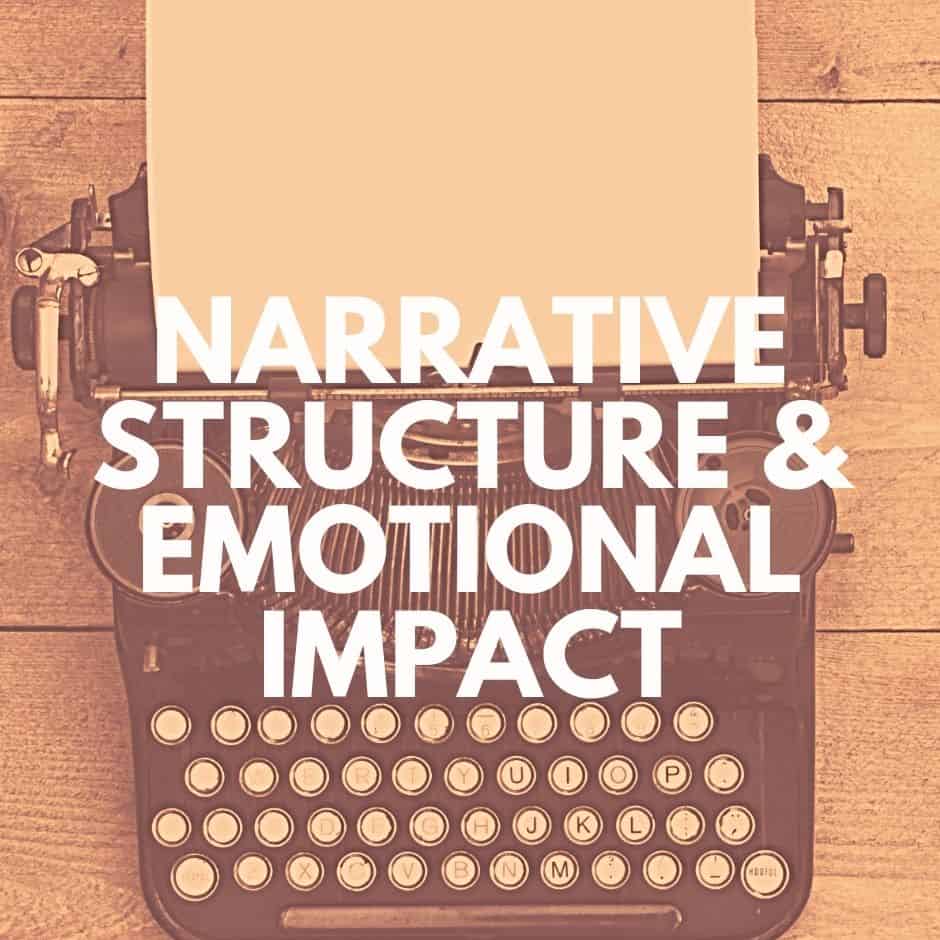
Taught by Cameron Kelly Rosenblum, Bestselling Author
Cameron will discuss her decision to use a nonlinear format as a narrative vehicle, and participants can explore how to employ this method in constructing their own novel. The author will also share tips for maximizing the technique for emotional impact, so that your audience will want to keep turning the pages!
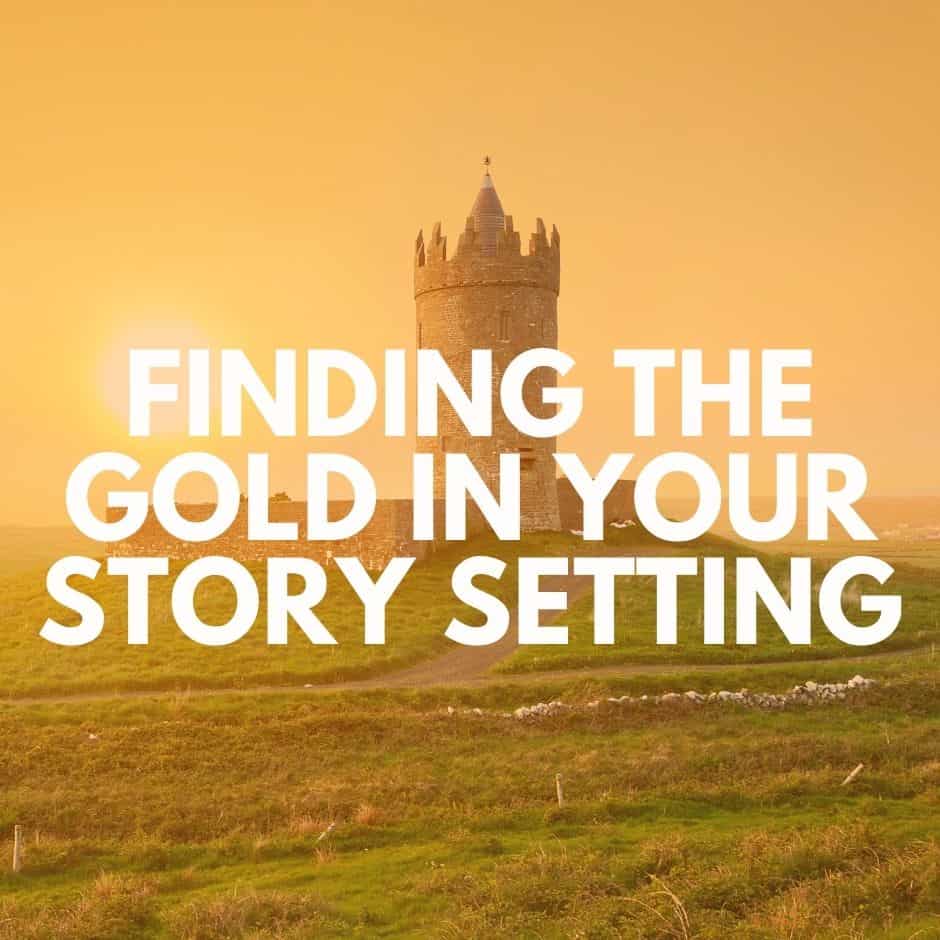
Taught by Rosanne Parry, Bestselling MG Author
Setting is the most consistently underused tool in a developing manuscript, and yet a setting well-described and thoroughly inhabited by its characters can make a story powerful and memorable. Rosanne Parry’s workshop Finding the Gold in Your Story Setting will help you hone the rising action of your plot, sharpen the journey of your characters, and deepen your story’s voice. You’ll come away with practical ideas and exercises to make your manuscript more distinctive—a truer version of itself.
Adult Fiction & Nonfiction
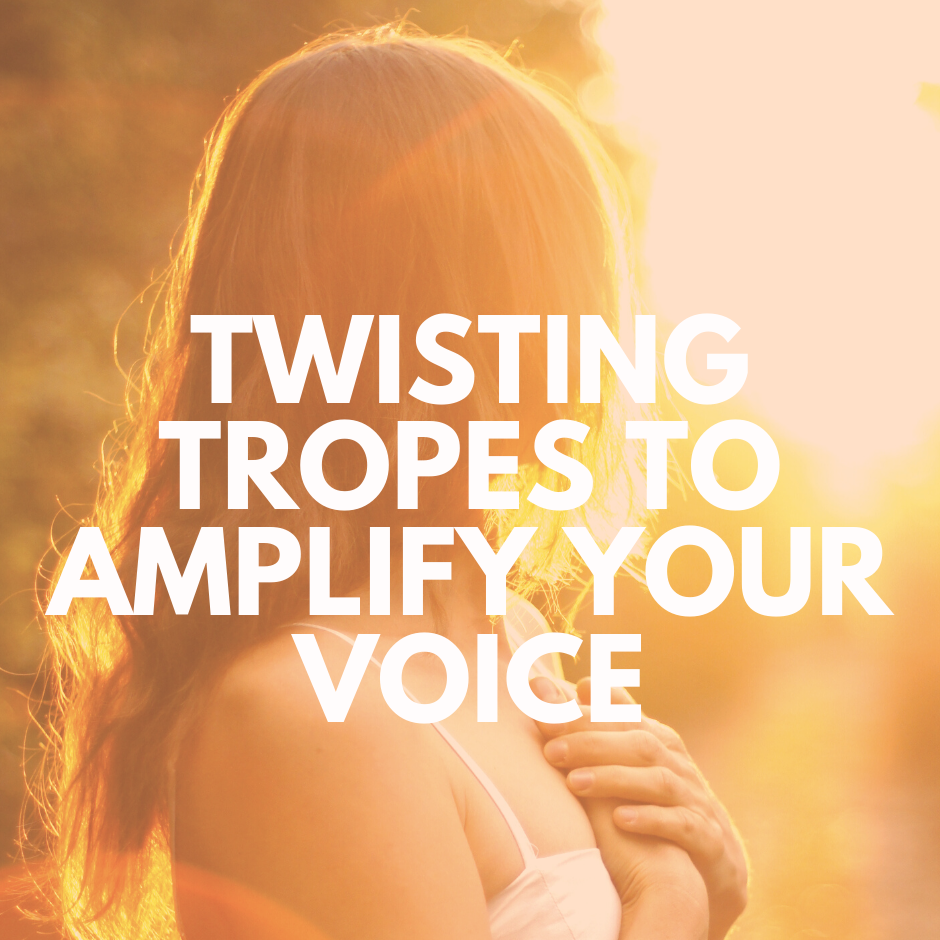
Taught by Bestselling Author Carrie Ann DiRisio
Tropes (for example, the evil stepmother, or “friends to lovers”) are the building blocks of stories. Using too many of them could produce a boring story, but with just the right blend of tropes and your own personal creativity, you’ll create a tale that engages the reader!
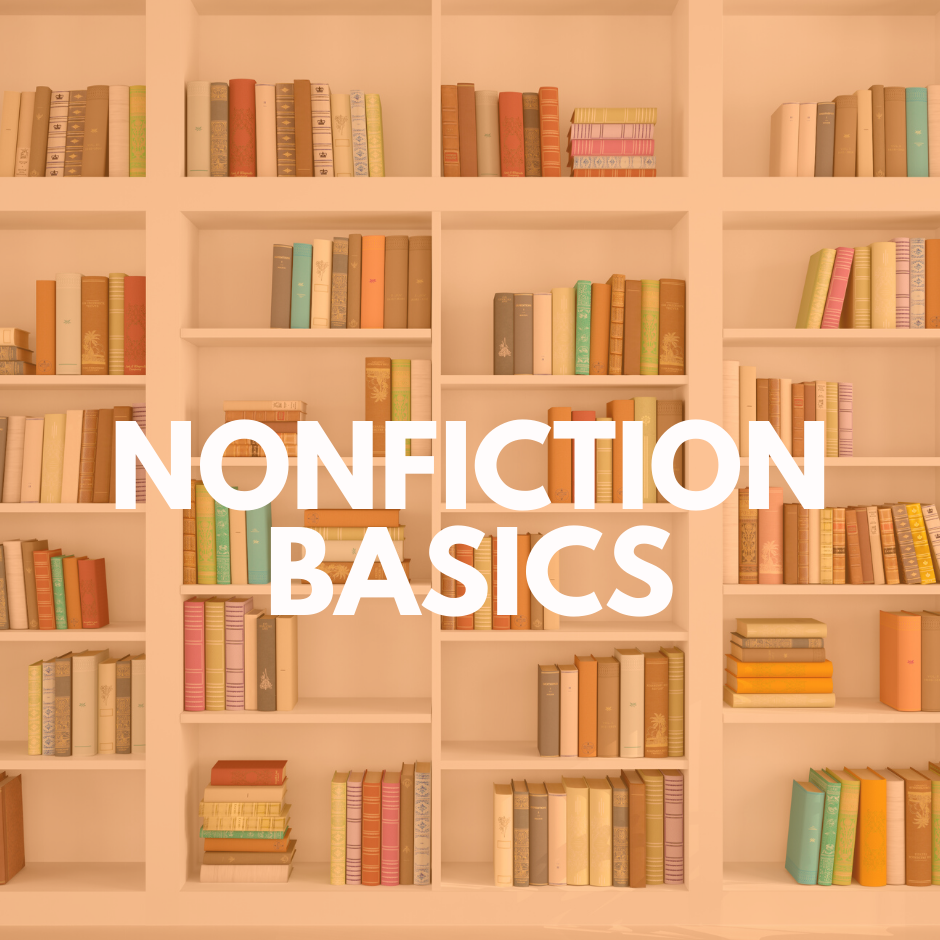
Taught by Amanda Shih, Penguin Editor
Do you have an amazing personal story, expert knowledge, or creative talents you want to share with the world? With so much information out there for fiction authors, it can be tough to get detailed advice on what it takes to make a nonfiction project stand out.
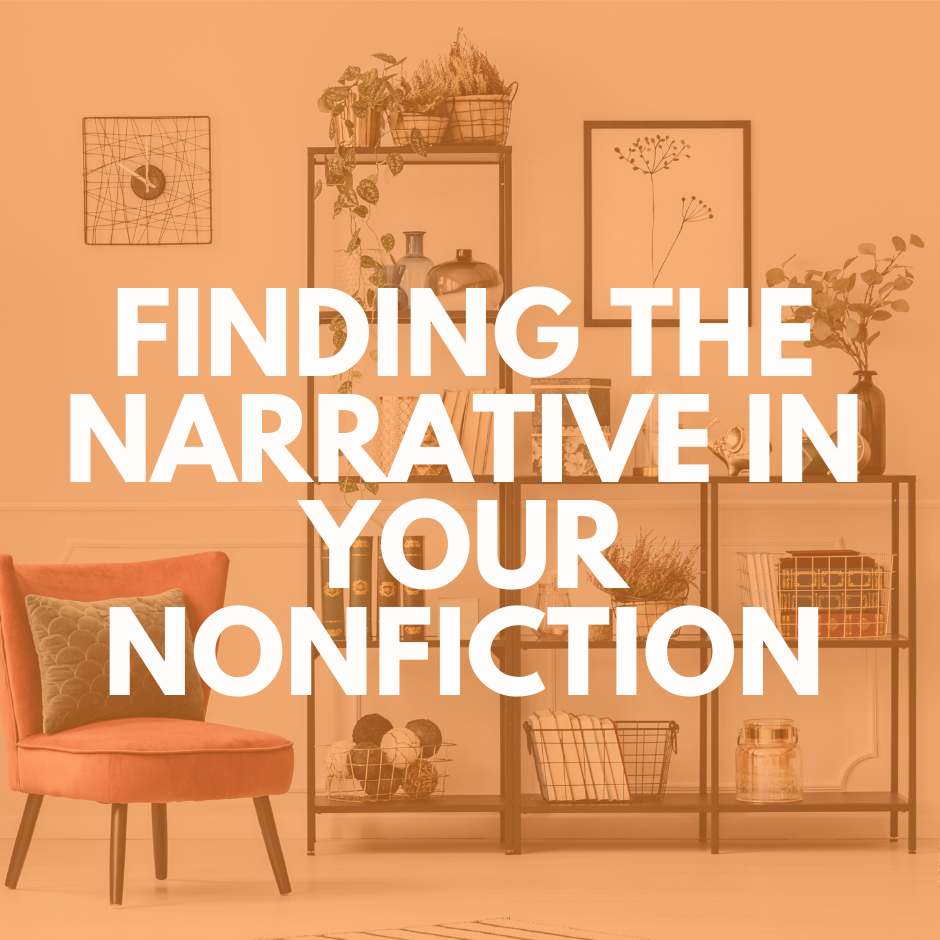
Taught by Erik Hane, Headwater Literary
The serious nonfiction books we love most are of course full of facts, research, and insight. But the difference between a good topic and a great book lies in not just the information, but the writing. It’s one thing to present a bunch of worthwhile thoughts to a reader, and quite another to bring these thoughts and this research to life in way that resonates.
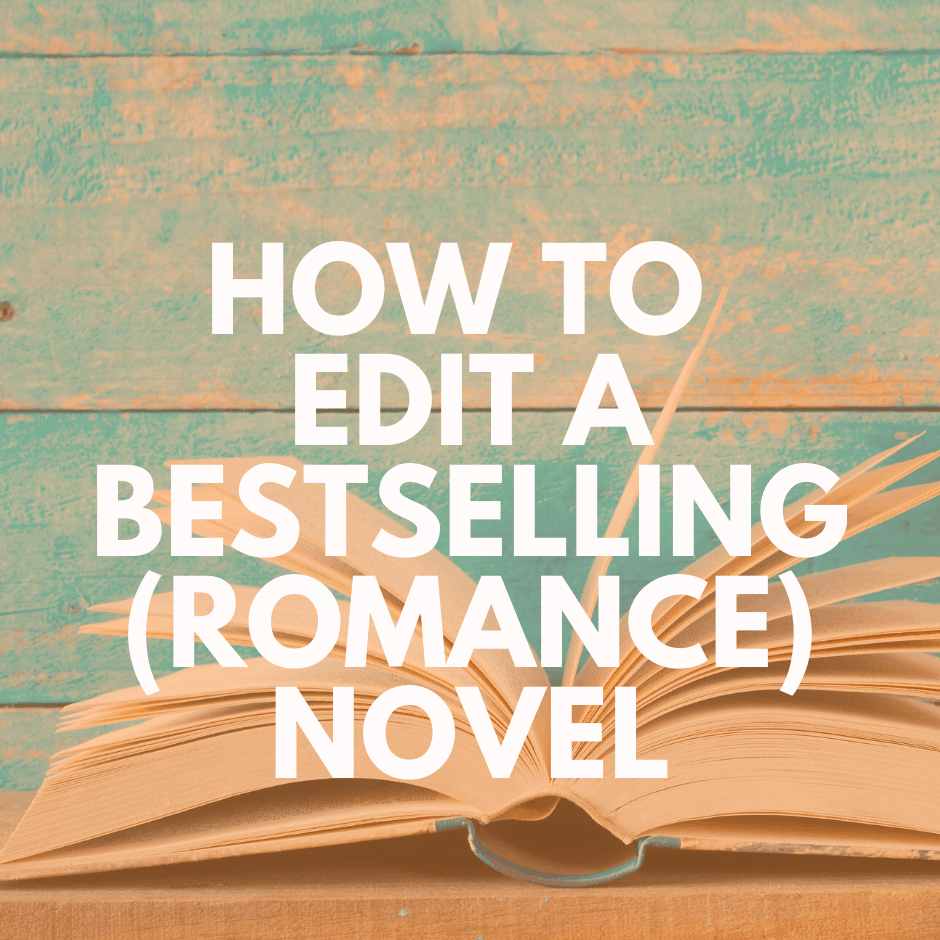
Taught by Lane Heymont, The Tobias Agency
In writing, they say 'kill your darlings'. Well, learn how to edit your romance novel to death. You will learn how to turn you first draft into a finished product to submit to agents and editors. See what all the bestsellers have in common, and finally nail down your meet-cute!

Taught by Laura Zats, Headwater Literary
In fiction, a solid, engaging voice is the hardest thing to nail down. The reason why a book’s voice might fail is very often linked to one issue: a lack of connectivity between a character and the space they occupy (both their body and the world around them). The good news is that there’s a fairly simple solution to this problem: deepening POV.

Taught by Hannah Robinson, Simon & Schuster
Join editor Hannah Robinson to learn how to jumpstart your comp search. We’ll discuss what makes a good comp title, how to think like a publisher when choosing your comp titles, how to avoid common pitfalls, and expert tips for finding comps when you’re feeling stuck.

Taught by Dawn Hardy, Agent & Publicist
You may have heard about platform—you know, that thing that sets your work (whether fiction or nonfiction) apart from all the other projects in the slush. Maybe you’re intimidated, maybe you think it’s only for celebrities—but in this class, you’ll learn how to give your work that edge without a huge amount of time, money, or even leaving your couch.

Taught by Linda Camacho, Gallt & Zacker Literary
Manuscripts are vetted at so many levels. They pass from the eyes of agents to editors to marketing to sales, and while there are some variables outside of the writer’s control, craft is not one of them. In this workshop, I’ll talk about several key story fundamentals that not only grab an agent or editor’s attention, but that of the acquisitions board as well.

Taught by Jennifer Johnson-Blalock, Liza Dawson Associates
What does it mean to be high concept–and how can you make your work fit this description? Better still, how can having a high concept work help you in every stage, from pitching agents, to pitching editors, to better placement in the bookstores and better book sales? Jennifer’s class is short, packed with information, and to the point.

Taught by Hannah VanVels, Belcastro Agency
Often you only have the first three chapters to grab your reader before they start to glaze over—or worse, move on. We’ll take a look at introducing setting without overwhelming your readers, introducing characters that your readers will invest in right off the bat, and starting your plot at the right moment.

Taught by Quressa Robinson, Nelson Literary
In this class we will discuss the emerging trends in women’s fiction and romance, as well as the tried-and-true staples of the genre. We will also discuss what to do if you find yourself with a novel that is on the downward end of a trend, how to fight the urge to jump into a trend because it seems a faster way to publication.
Live Panels & Special Events
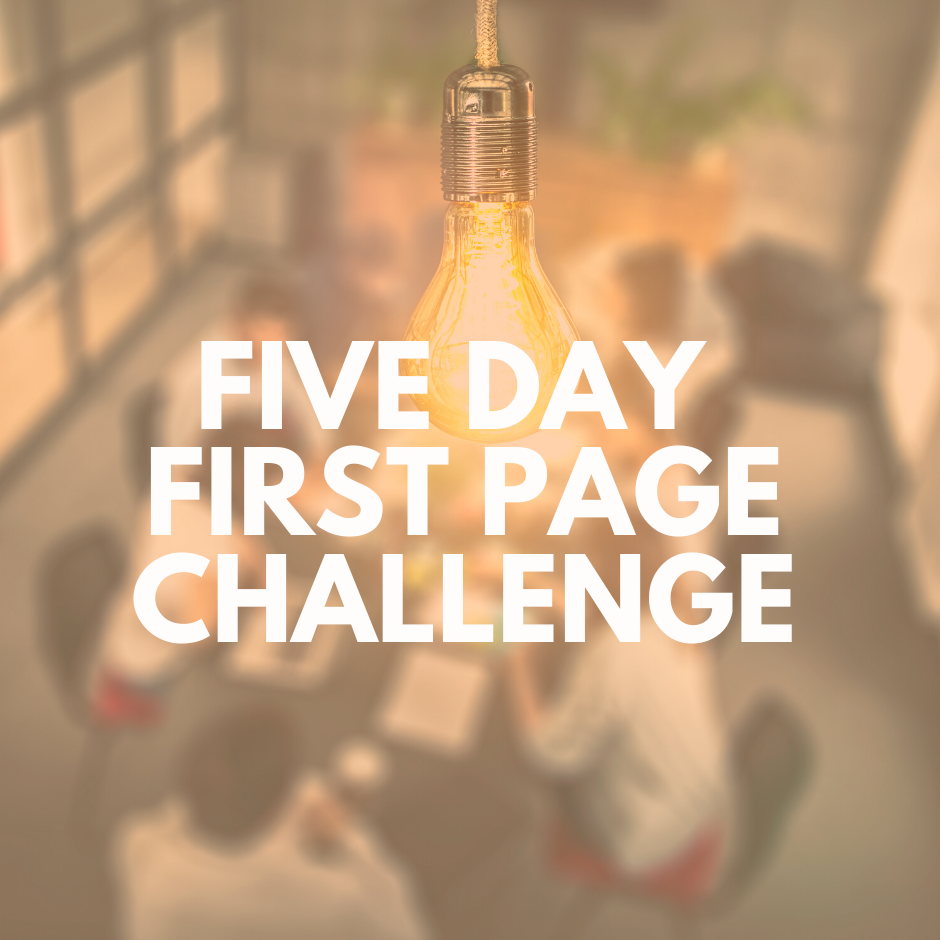
Taught by Author Julie Kingsley and Agent Jessica Sinsheimer
Join us for five days of classes to improve the voice, clarity, stakes, tension and more in the most important page of your novel.

Taught by Author Julie Kingsley and Agent Jessica Sinsheimer
In this five-day workshop, learn how to improve your publishing odds via effective summary, research, format, and--yes--voice, plus tips & tricks from our experts
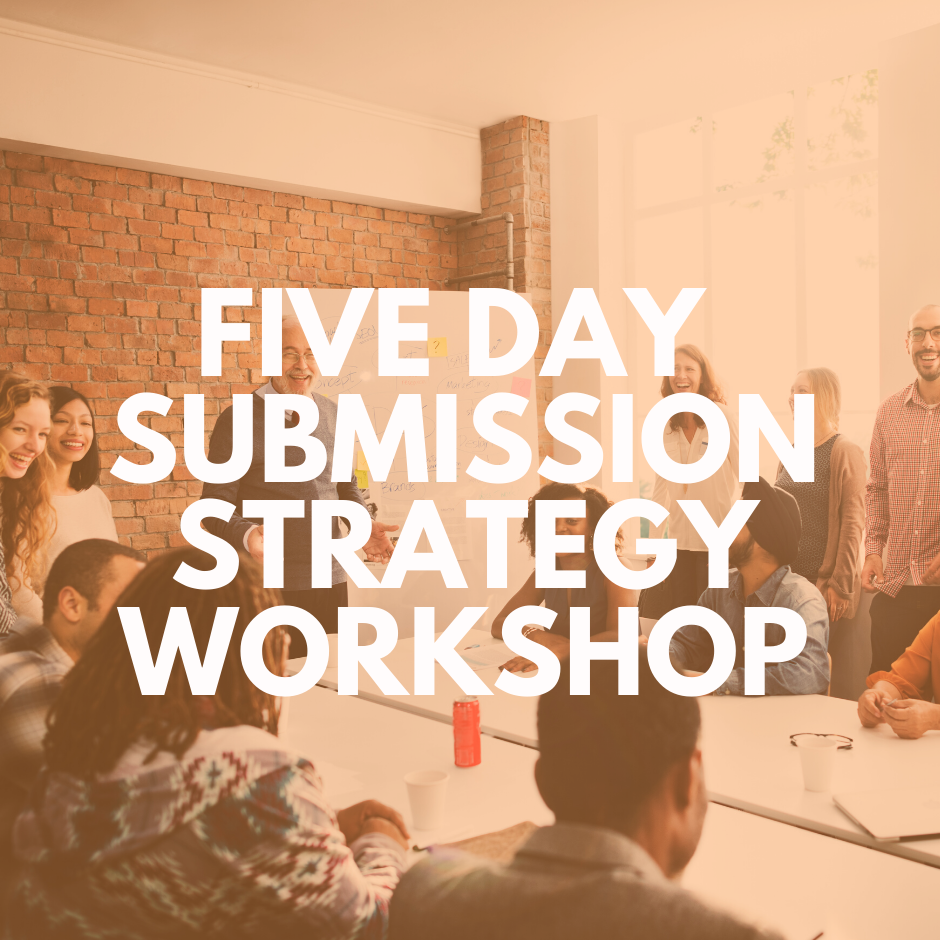
Taught by Jessica Sinsheimer, Context Literary
In this workshop, we'll cover sneaky research methods, interpreting rejections, query hacks, and much, much more. Includes TWO agent panels.
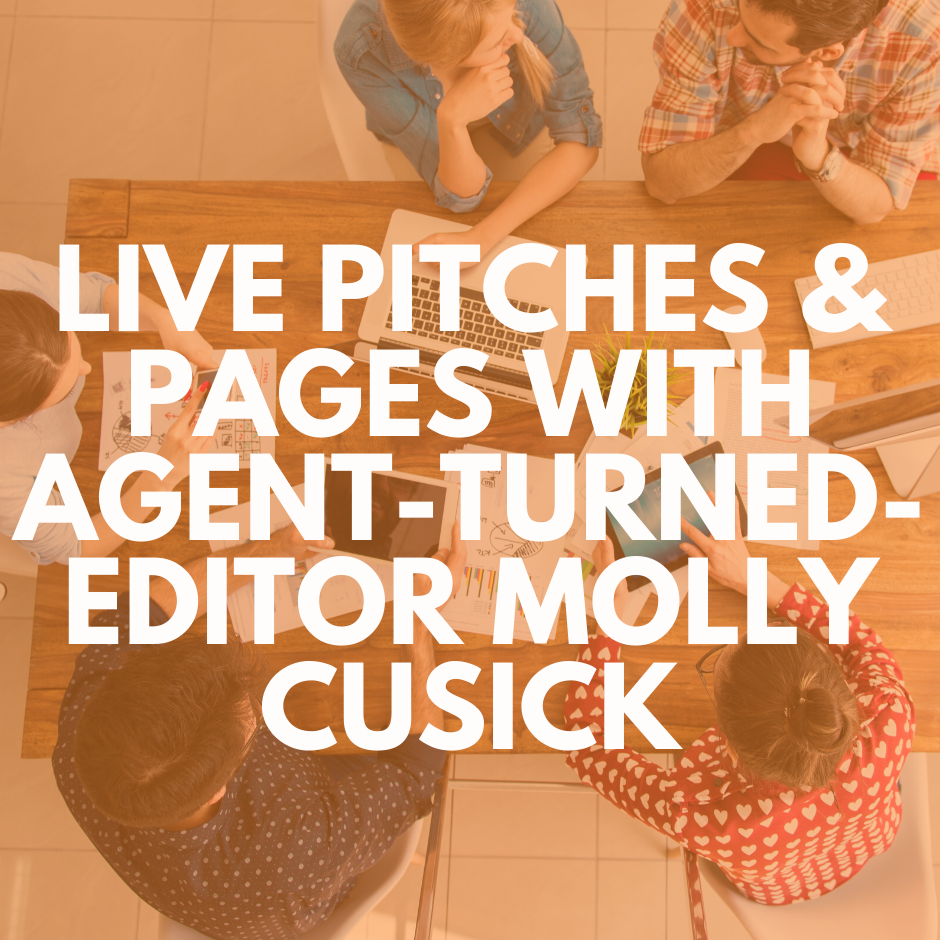
Taught by Molly Cusick, Sourcebooks
Join us for an evening of insightful feedback, supportive insight, and community.
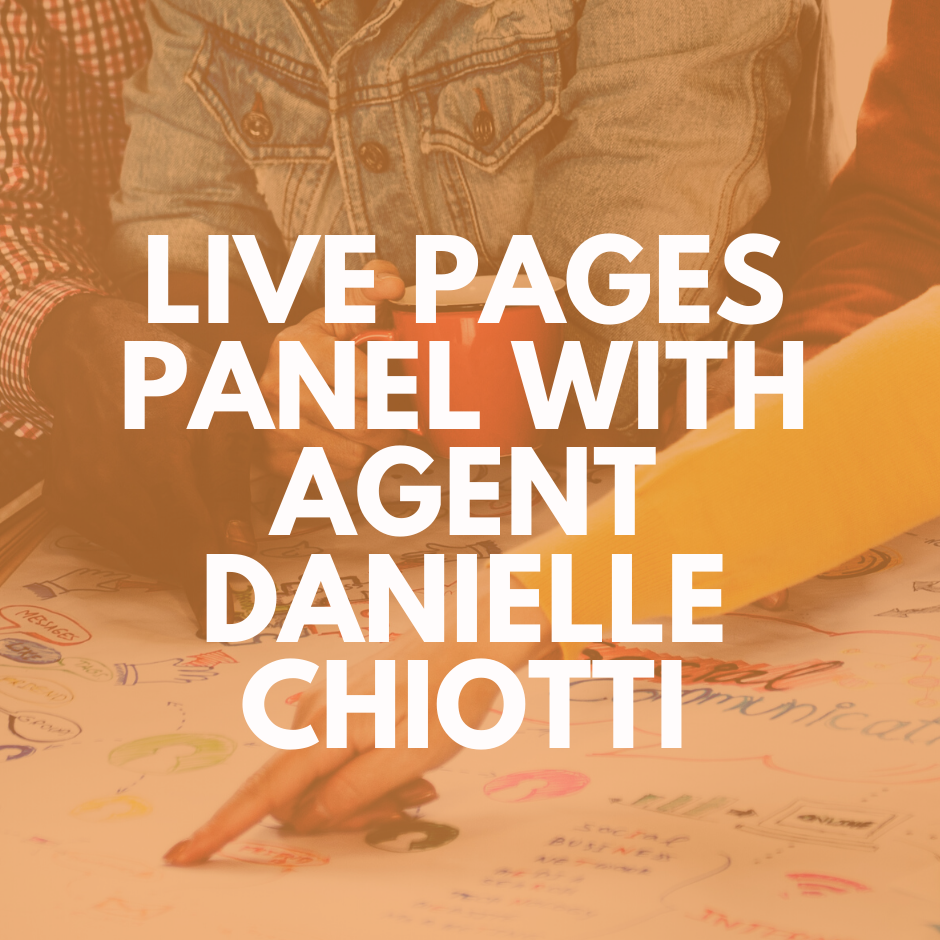
Taught by Danielle Chiotti, Upstart Crow
We love Danielle for her thoughtfulness, kindness, and great talent for explaining what's working, what isn't, and why.

Taught by Katharine Sands, Sarah Jane Freymann Literary
From the creator of Pitchcraft, this workshop features Katharine's signature insights on your query--and how to make an agent not only say yes, but EUREKA!
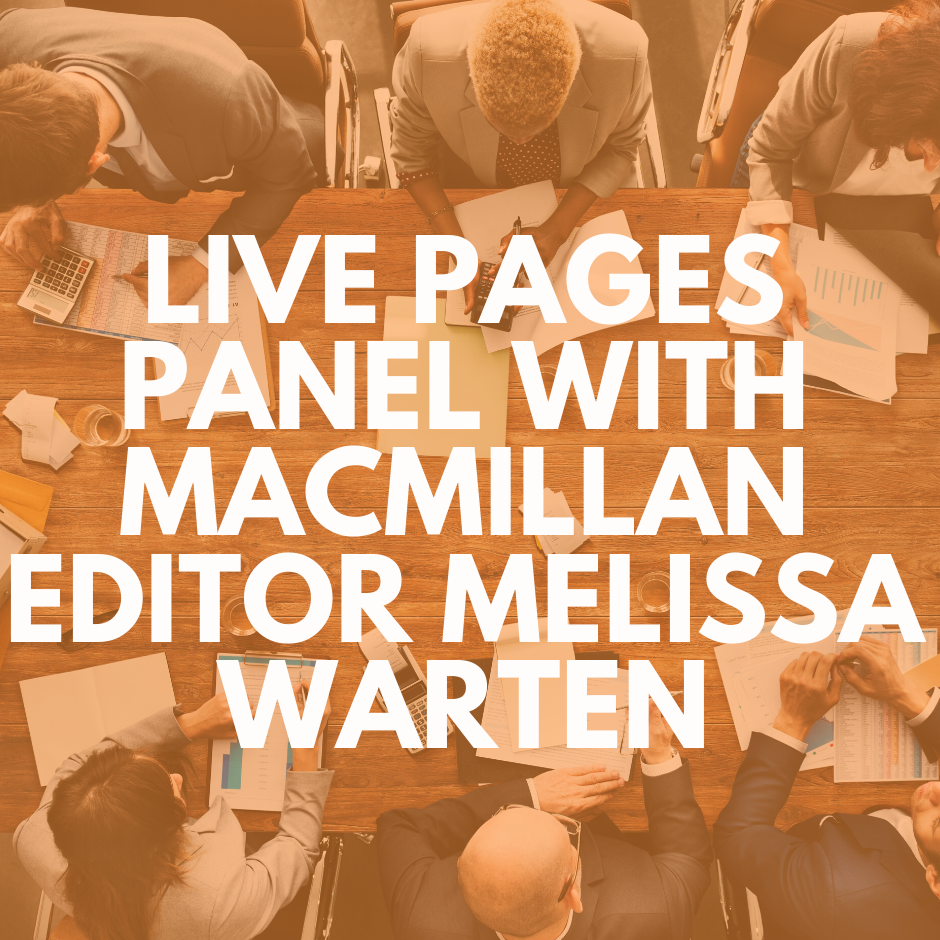
Taught by Melissa Warten, Macmillan
Join Melissa for thoughtful takes on your work--how to improve, what you can do to make it better, and personalized insights in a supportive environment.
Membership Options
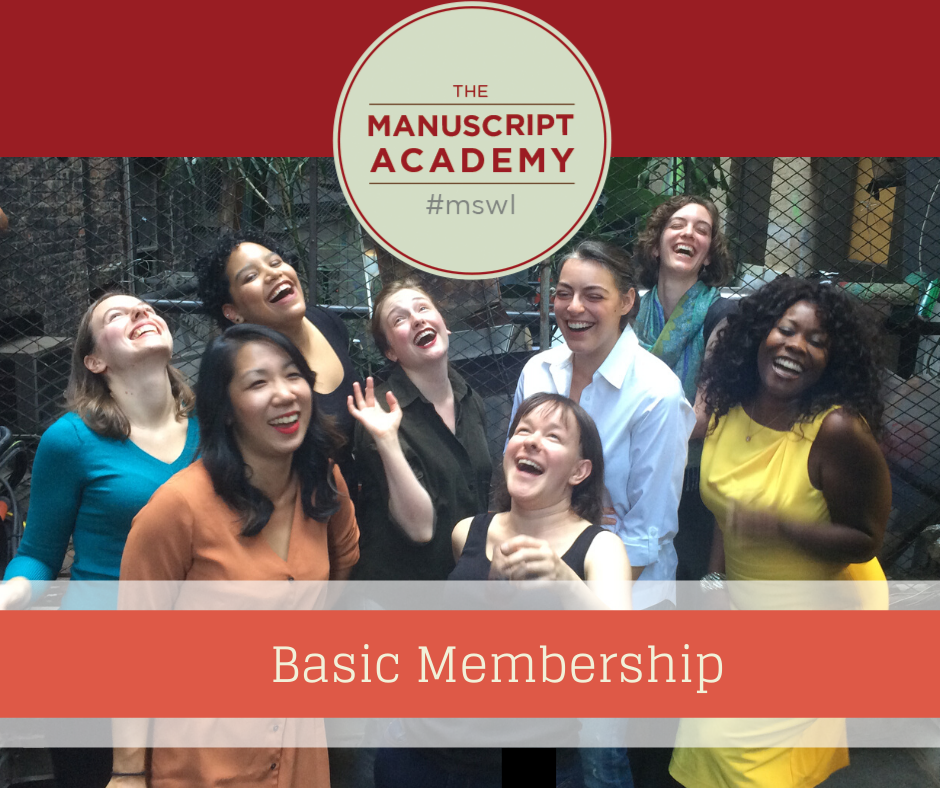
All the Classes + All The Events + Early Booking
- Early booking in the meetings & critiques system
- Access to 100% of our classes (30+ hours) taught by top agents, editors and authors
- Tickets to ALL of our live events
- A monthly Q&A help desk with rotating guest faculty
- Personal recommendations for faculty pairings
- Cancel at any time–if you watch everything in 30 days, you’ll pay just $49
Join Now
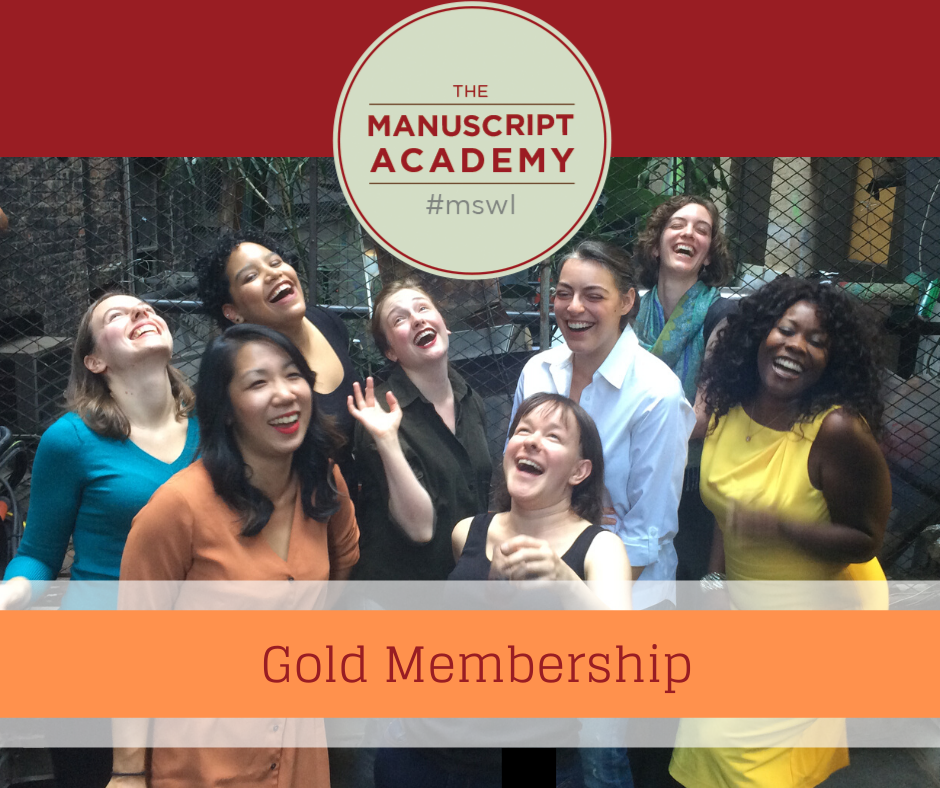
Monthly Agent Consultation + All the Classes + All The Events + Early Booking
- One monthly consultation with the faculty agent or editor of your choice ($49 value)
- Early booking in the meetings & critiques system
- Access to 100% of our classes (30+ hours) taught by top agents, editors and authors
- Tickets to ALL of our live events
- A monthly Q&A help desk with rotating guest faculty
- Personal recommendations for faculty pairings
- Cancel at any time–if you watch everything in 30 days, you’ll pay just $69
